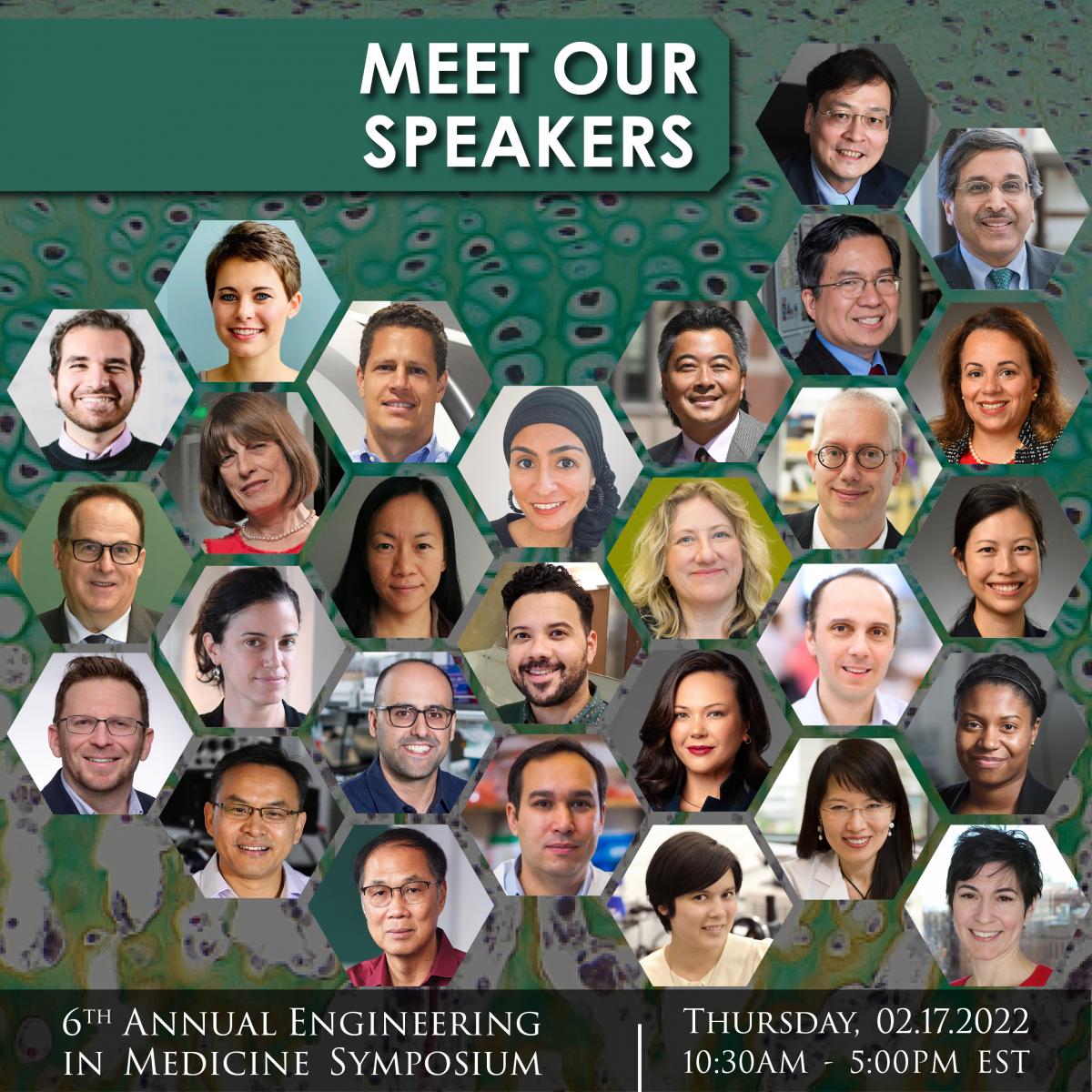Columbia University 6th Annual Engineering in Medicine Symposium - February 17, 2022
EVENT REGISTRATION
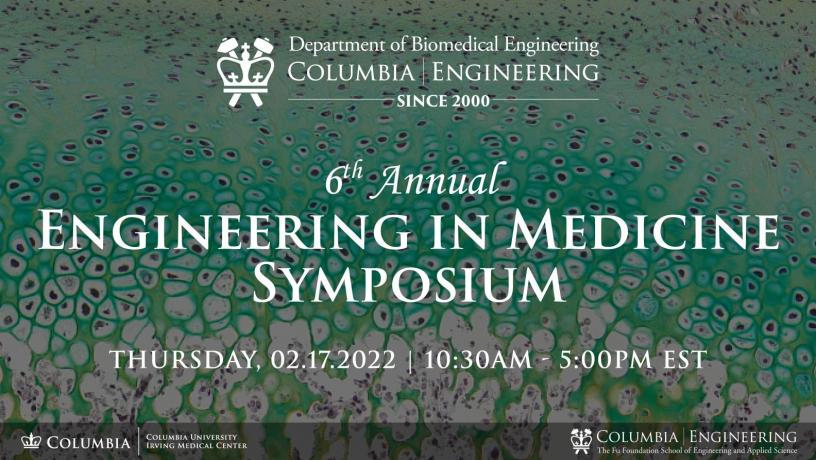
Pictured: Engineered human cartilage-bone grafts for temporomandibular joint regeneration from Vunjak-Novakovic Lab. Image from: Chen, Wu, et al., Science Translational Medicine (2020).
About the Symposium
HOSTS
The Fu Foundation School of Engineering and Applied Science
&
Columbia University Irving Medical Center
EVENT DETAILS
Thursday, February 17, 2022
10:30 a.m. - 5:00 p.m. EST
Online Event - Register Now!
Join us virtually for a day of presentations and networking as we explore the interface of engineering and medicine and the path from bench to bedside. With opening remarks anticipated by Columbia Engineering Interim Dean, Shih-Fu Chang, and Columbia College of Physicians and Surgeons Interim Dean, Anil Rustgi, the symposium comprises five sessions showcasing the role of engineering in the fields of Heart & Lung, Cancer, Brain, Musculoskeletal System, and Women’s Health.
SYMPOSIUM CHAIRS
X. Edward Guo, PhD
Chair and Stanley Dicker Professor, Biomedical Engineering; Professor, Medical Sciences (in Medicine); Director, Bone Bioengineering Laboratory
Clark T. Hung, PhD
Professor of Biomedical Engineering and Orthopedic Sciences (in Orthopedic Surgery); Director, Cellular Engineering Laboratory; Director of Master’s Studies in Biomedical Engineering
Please direct any questions to [email protected].
OPENING REMARKS
Shih-Fu Chang, PhD
Interim Dean, Fu Foundation School of Engineering and Applied Science and Richard Dicker Professor
Anil K. Rustgi, MD
Interim Executive Vice President and Dean of the Faculties of Health Sciences and Medicine, Vagelos College of Physicians and Surgeons; Director of the Herbert Irving Comprehensive Cancer Center, Columbia University Irving Medical Center (CUIMC)
SYMPOSIUM PROGRAM
REGISTRATION
About the Speakers
Get to know our expert speakers!
Adam J. Bass, MD
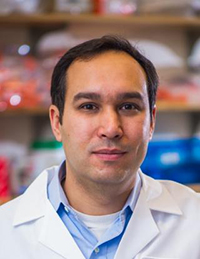
Adam J. Bass, MD, Professor of Medicine, Columbia University Herbert Irving Comprehensive Cancer Center, CUIMC; Founding Director, Columbia Center for Precision Cancer Medicine
Adam Bass is Irving Professor of Medicine and Founding Director of the Center for Precision Cancer Medicine at Columbia University and New-York Presbyterian Hospital. Trained as a medical oncologist, Dr. Bass is a scientist whose own research has built from the identification of the genomic underpinnings of gastrointestinal cancer to the development of rational therapeutic strategies. In his new role at Columbia, Dr. Bass is aiming to link expertise from across our community to perform research that enhances therapy for cancer and modes to prevent/detect cancer based upon fundamental cancer biology. Key efforts within this center include the aim to link deep molecular profiling of cancer, innovative experimental genomic technologies, and state of the art computational tools towards this mission.
Helen Cen
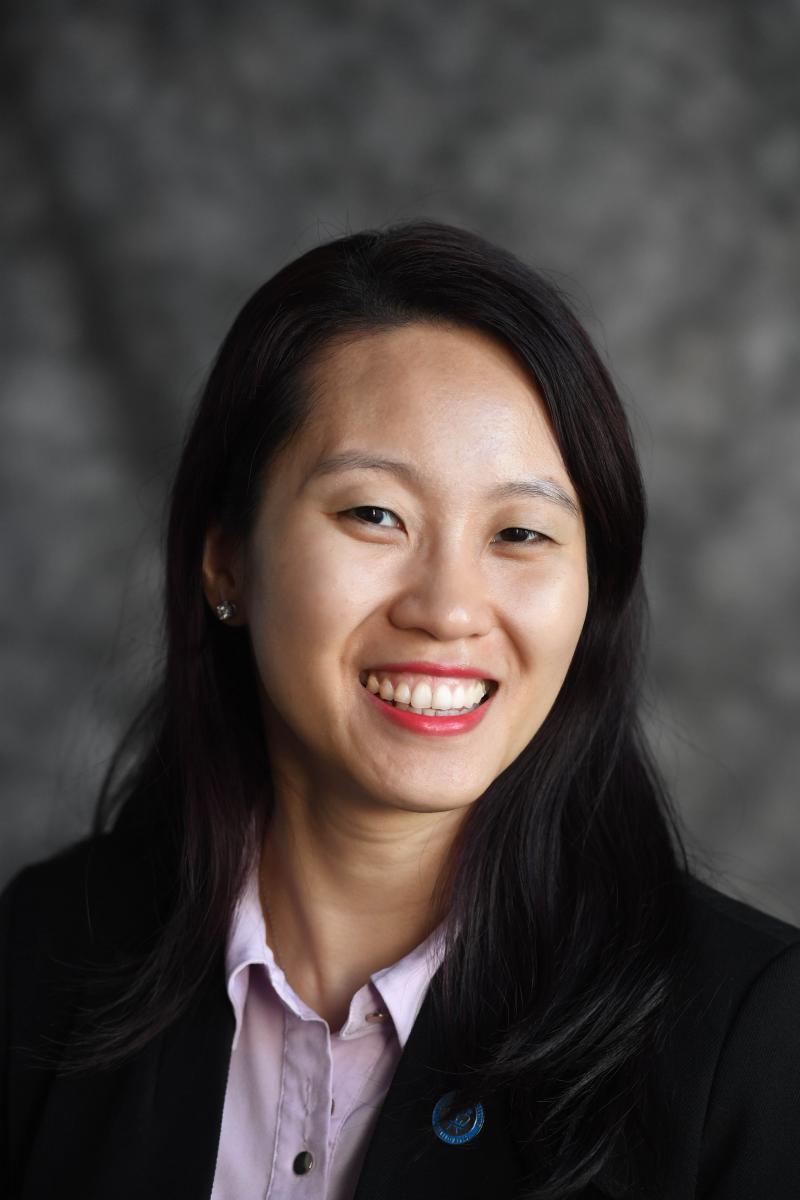
Helen Cen, Associate Director of Academic and Student Affairs, Department of Biomedical Engineering, Columbia University
Helen Cen is an Associate Director of Academic and Student Affairs in the Department of Biomedical Engineering (BME) at Columbia University. She received her MS in Earth and Environmental Engineering from Columbia University and a BS in Natural Resources from Cornell University. She joined the department in 2019 and has been involved with the department's graduate student recruitment efforts and student advisement.
Nadeen Chahine, PhD
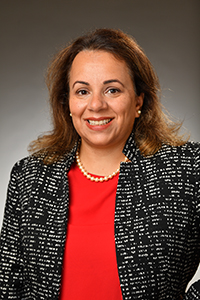
Nadeen Chahine, PhD, Associate Professor of Biomedical Engineering (in Orthopaedic Surgery), Columbia University; Director, The Chahine Lab, Robert E. Carroll MD and Jane Chace Carroll Laboratories for Orthopedic Surgery
Dr. Chahine is an Associate Professor in the Department of Orthopedic Surgery at Columbia University in New York City, and has faculty affiliations with the Columbia’s Department of Biomedical Engineering, Cellular and Molecular Physiology & Biophysics program and the Columbia Stem Cell Initiative. She directs a multidisciplinary research lab and serves as the Associate Director of the Carroll Laboratories for Orthopedic Surgery at Columbia University Irving Medical Center. She completed her graduate studies at Columbia University, and is one of the early graduates of the Biomedical Engineering PhD program. She started her faculty career at the Feinstein Institute for Medical Research and Hofstra Northwell School of Medicine, and she joined the faculty at Columbia University in 2017. She is past chair of the Cell and Molecular Bioengineering Council of BMES, past chair of the Orthopedic Research Society Spine Section, and is currently serving as a standing member on the NIH’s Skeletal Biology and Skeletal Regeneration study section.
Shih-Fu Chang, PhD
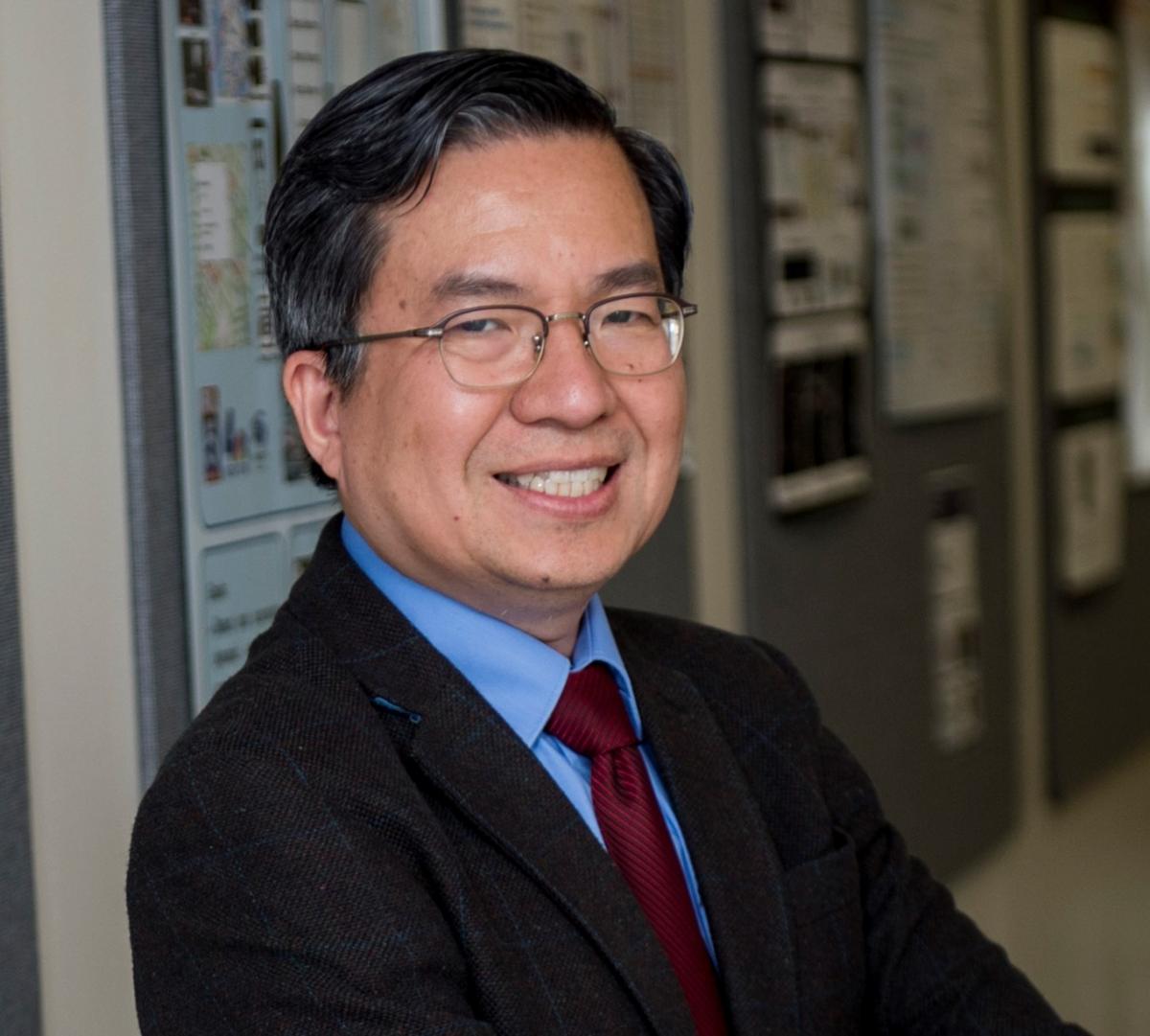
Shih-Fu Chang, PhD, Interim Dean, The Fu Foundation School of Engineering and Applied Science at Columbia University and Richard Dicker Professor of Electrical Engineering and Computer Science
Shih-Fu Chang is interim dean of Columbia Engineering and Richard Dicker Professor with joint appointments in the Departments of Electrical Engineering and Computer Science. Dean Chang leads the education, research, and innovation mission of Columbia Engineering with more than 230 faculty, 1,700 undergraduate students, and 2,700 graduate students.
An expert in computer vision, machine learning, and multimedia, Dean Chang received the Kiyo Tomiyasu Award from IEEE and Distinguished Alumni Award from National Taiwan University. He is a Fellow of AAAS, ACM, IEEE, and an elected member of Academia Sinica. He is also an Amazon Scholar and the inaugural director for Columbia Center of AI Technology in collaboration with Amazon.
Tal Danino, PhD
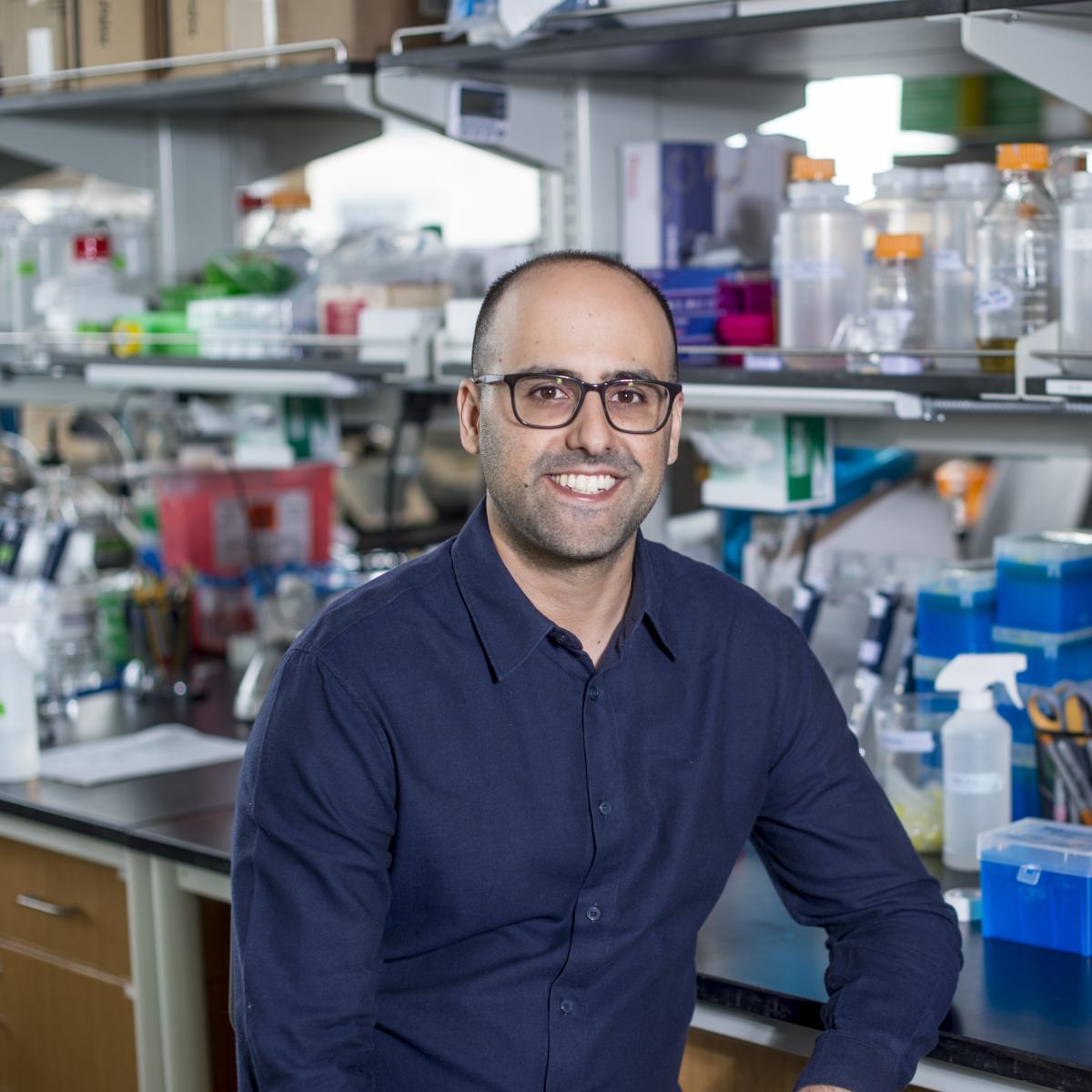
Tal Danino, PhD, Associate Professor, Biomedical Engineering; Director, Synthetic Biological Systems Laboratory, Columbia University
Tal Danino is an Associate Professor in the Department of Biomedical Engineering at Columbia University. His lab focuses on engineering bacteria for biomedical applications, with a particular emphasis on developing bacteria as a cancer therapy. Originally from Los Angeles, Tal received a Ph.D. in Bioengineering from UCSD in Jeff Hasty's lab, and was a postdoctoral fellow at the Koch Institute for Integrative Cancer Research with Sangeeta Bhatia. He is the recipient of awards including the NSF CAREER Award, Era of Hope Scholar Award, CRI Lloyd J Old STARS Award, Pershing Prize, and TED Fellow. He directs the Synthetic Biological Systems Laboratory and is a member of the Herbert Irving Comprehensive Cancer Center and Data Science Institute.
Pierre Elias, MD
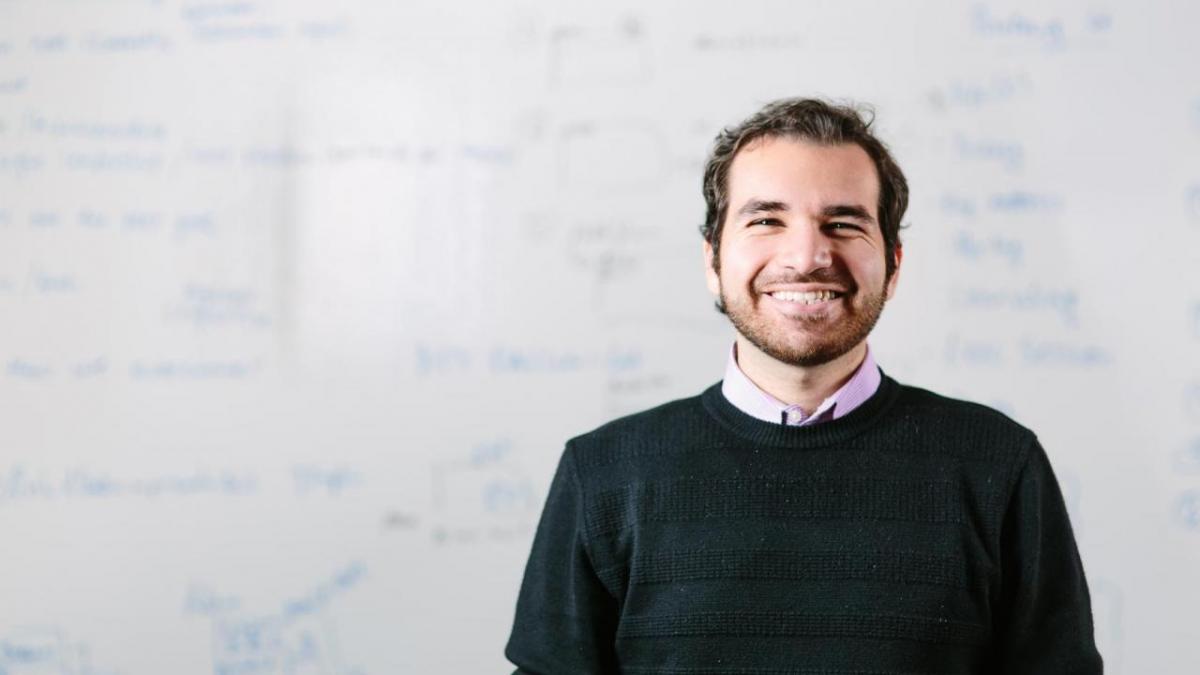
Pierre Elias, MD, Cardiology Fellow, Columbia University Vagelos College of Physicians and Surgeons and NewYork-Presbyterian
Pierre Elias, MD is a cardiology fellow at Columbia University. His lab focuses on the development of machine learning applications for early disease detection using cardiac imaging. He was previously a data scientist at Lumiata, helping develop Google’s Knowledge Graph for Health. His research focuses on deep learning using cardiac imaging. He was recently named a STAT News Wunderkind, highlighting 25 of the most promising junior researchers around the country.
Yunglin (Elaine) Gazes, PhD
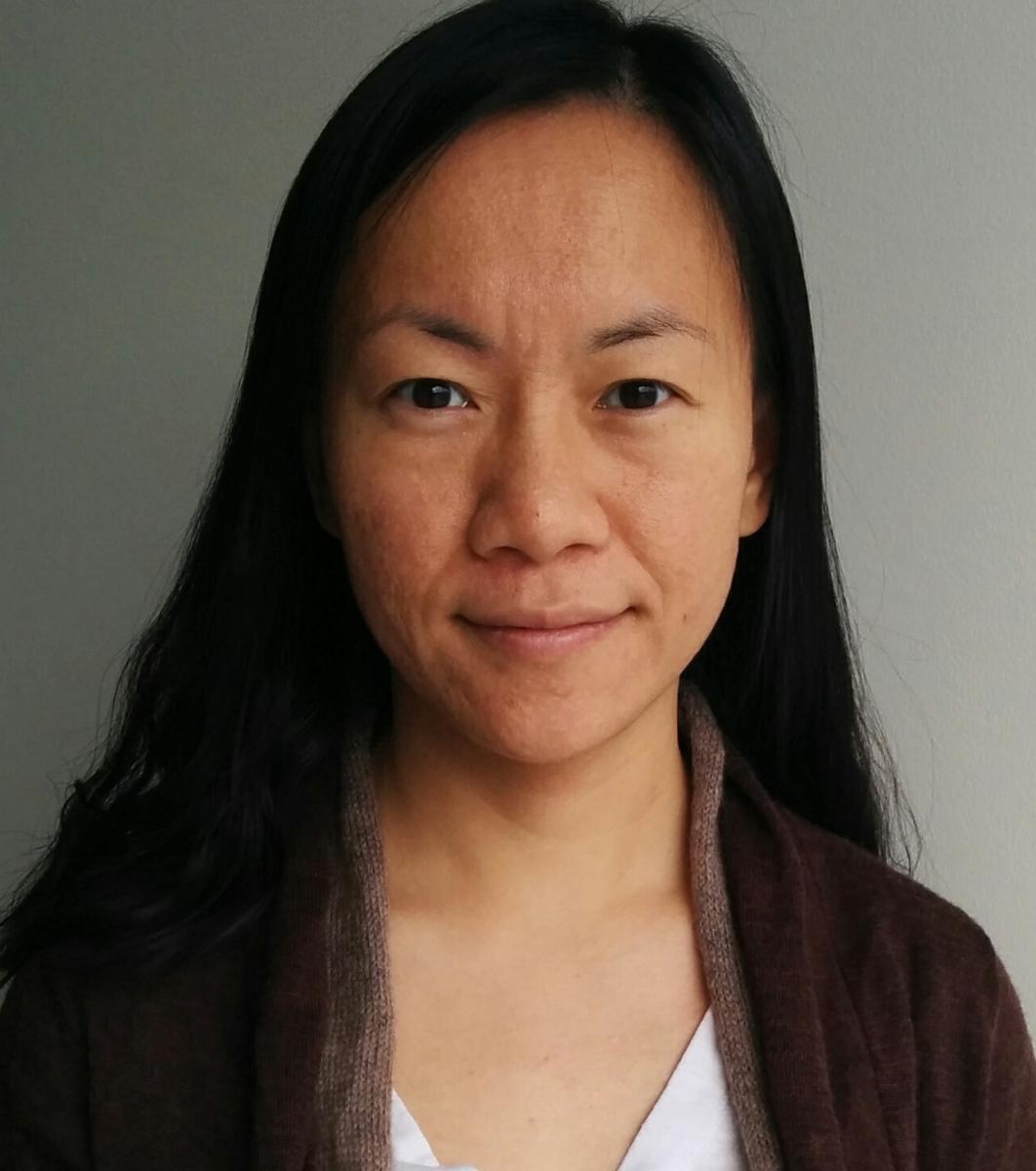
Yunglin (Elaine) Gazes, PhD, Assistant Professor, Cognitive Neuroscience Division, Neurology Department, CUIMC
Yunglin Gazes, Ph.D. is an Assistant Professor in the Cognitive Neuroscience Division in the Neurology Department at Columbia University Irving Medical Center. Combining her undergraduate engineering study with her doctoral study in Cognitive Psychology, the focus of her research over the last decade has been on the application of neuroimaging techniques to understand the neural mechanisms underlying aging and neurodegenerative conditions such as Alzheimer’s and Parkinson’s disease.
Anum Glasgow, PhD
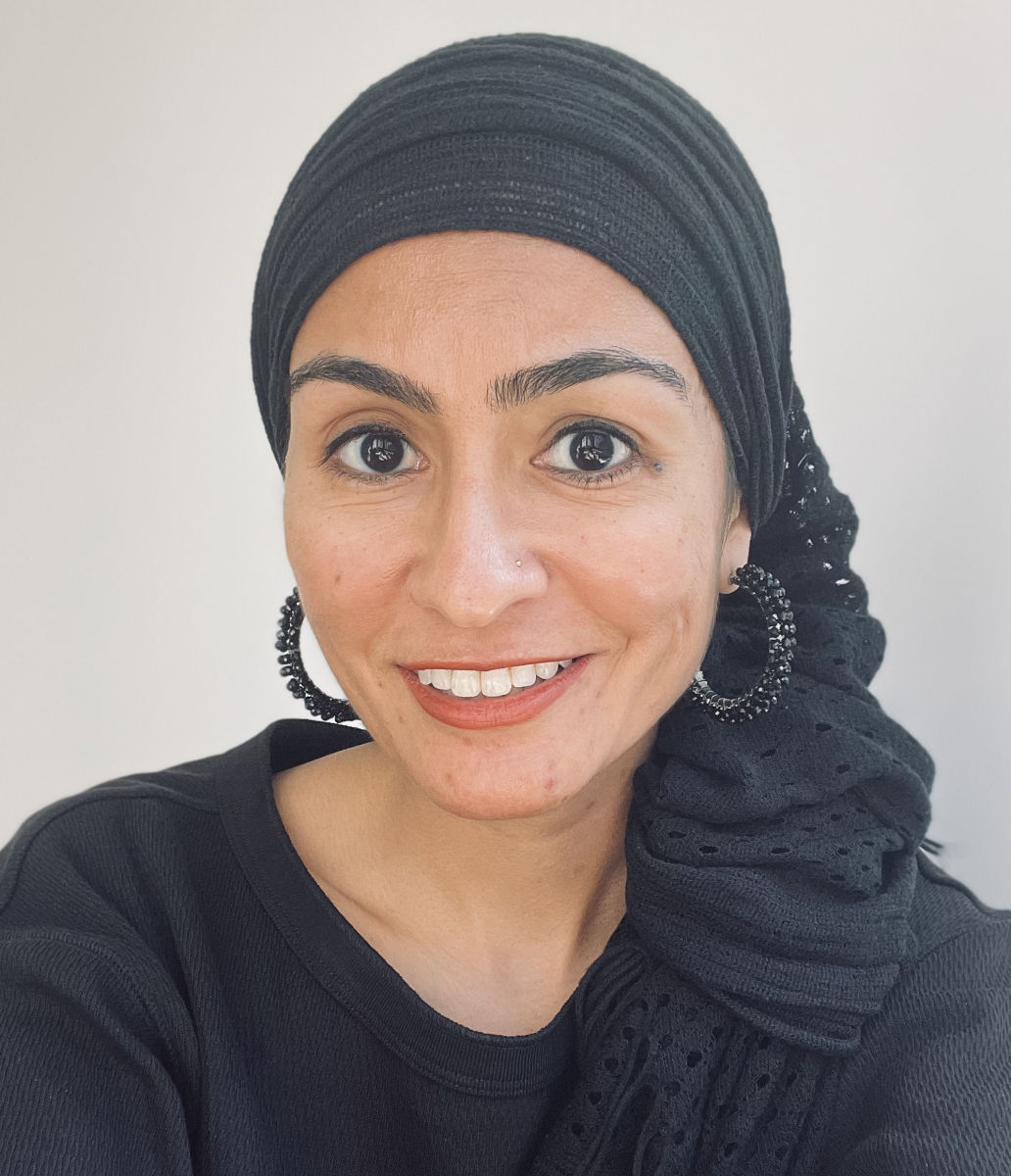
Anum Glasgow, PhD, Assistant Professor of Biochemistry and Molecular Biophysics, CUIMC
Anum Glasgow is a new assistant professor of biochemistry at Columbia University Medical Center. Her group uses computational modeling and experimental biophysical techniques to understand how allosteric proteins undergo changes in their conformational ensembles, towards engineering new biological sensors and therapeutics that can predictably respond to user-defined triggers.
Mark Gorelik, MD
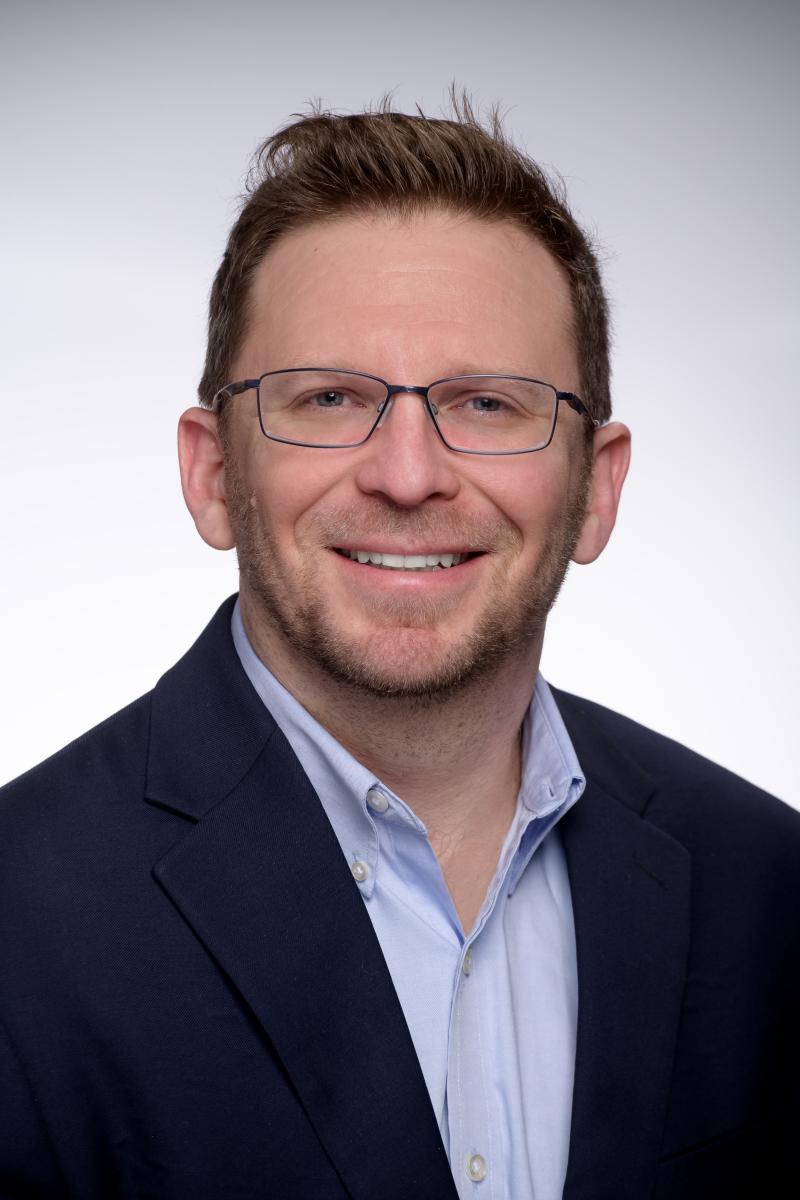
Mark Gorelik, MD, Assistant Professor of Pediatrics, Division of Rheumatology, Allergy and Immunology, CUIMC
Dr. Gorelik is an assistant professor of rheumatology in the tenure track at Columbia University. He has an interest in cardiac inflammation and holds a K-08 from the NHLBI on the study of cardiac inflammation in Kawasaki disease. Currently, he is collaborating with Dr. Gordana Vunjak-Novakovic on developing preliminary data to study the mechanism of how patients with Multisystem Inflammatory Disease in Children (MIS-C) experience cardiac and vascular toxicity during their disease, with an eye towards better understanding of the pathophysiology of the disease and treatment.
X. Edward Guo, PhD
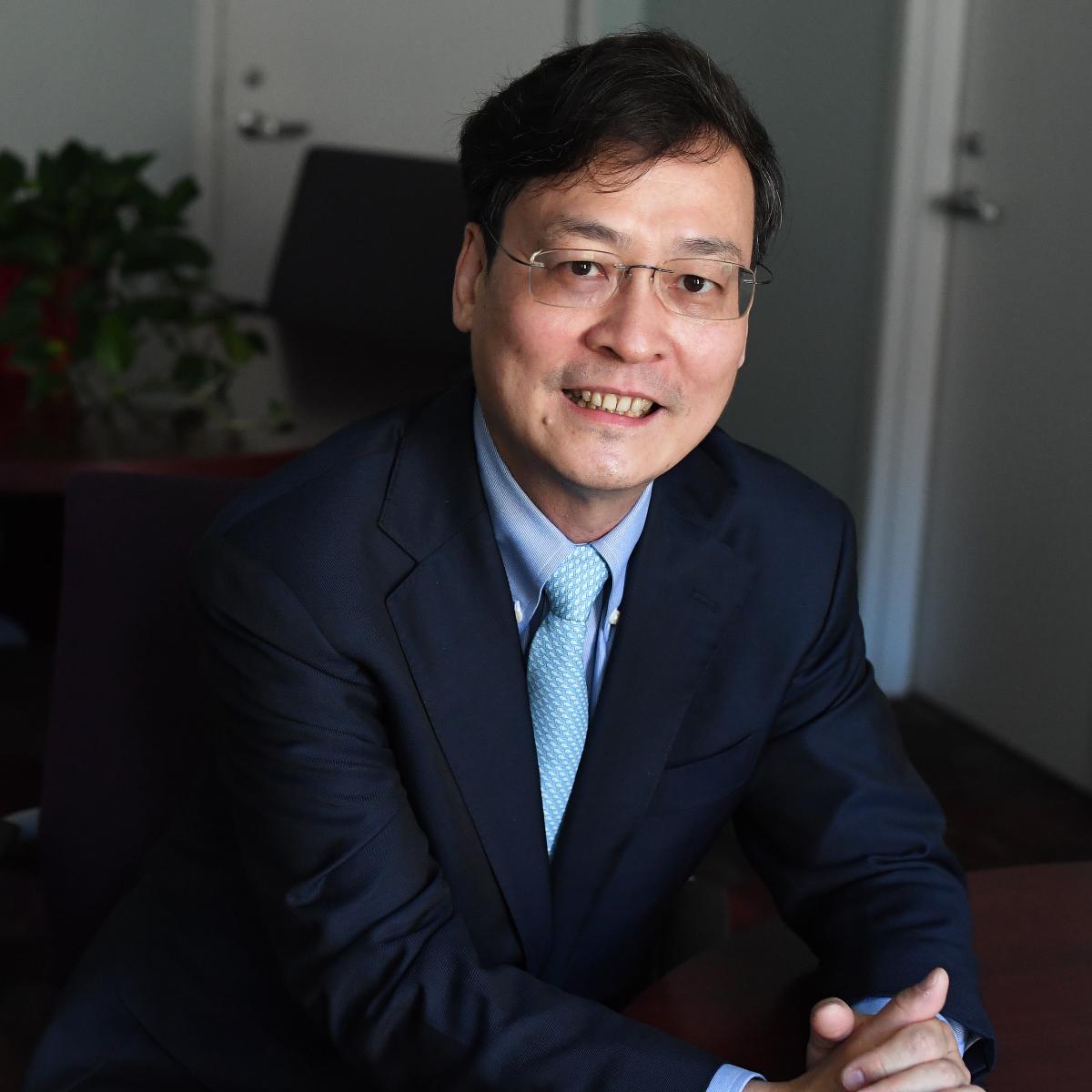
X. Edward Guo, PhD, Department Chair and Stanley Dicker Professor of Biomedical Engineering; Professor of Medical Sciences (in Medicine); Director, Bone Bioengineering Laboratory
Professor X. Edward Guo is currently Chair and Stanley Dicker Professor of Biomedical Engineering and Professor of Medical Sciences (in Medicine). He directs the Bone Bioengineering Laboratory in the Department of Biomedical Engineering at Columbia focusing his research interests in micromechanics of bone tissue, computational biomechanics, and mechanobiology of bone. His past honors include the Young Investigator Recognition Award from the Orthopaedic Research Society, the National Research Service Award from the National Institutes of Health, a CAREER award from the US National Foundation of Science, Funds for Talented Professionals from the National Natural Science Foundation of China, and the Christopher R. Jacobs Award from the Biomedical Engineering Society. Professor Guo is one of the founding members of the Department, and has served as its undergraduate Chair, ABET Chair, Vice Chair, and interim Chair. He was elected Department Chair in 2017. During his current tenure, the Department has risen to the top ten in the country.
Christine P. Hendon, PhD
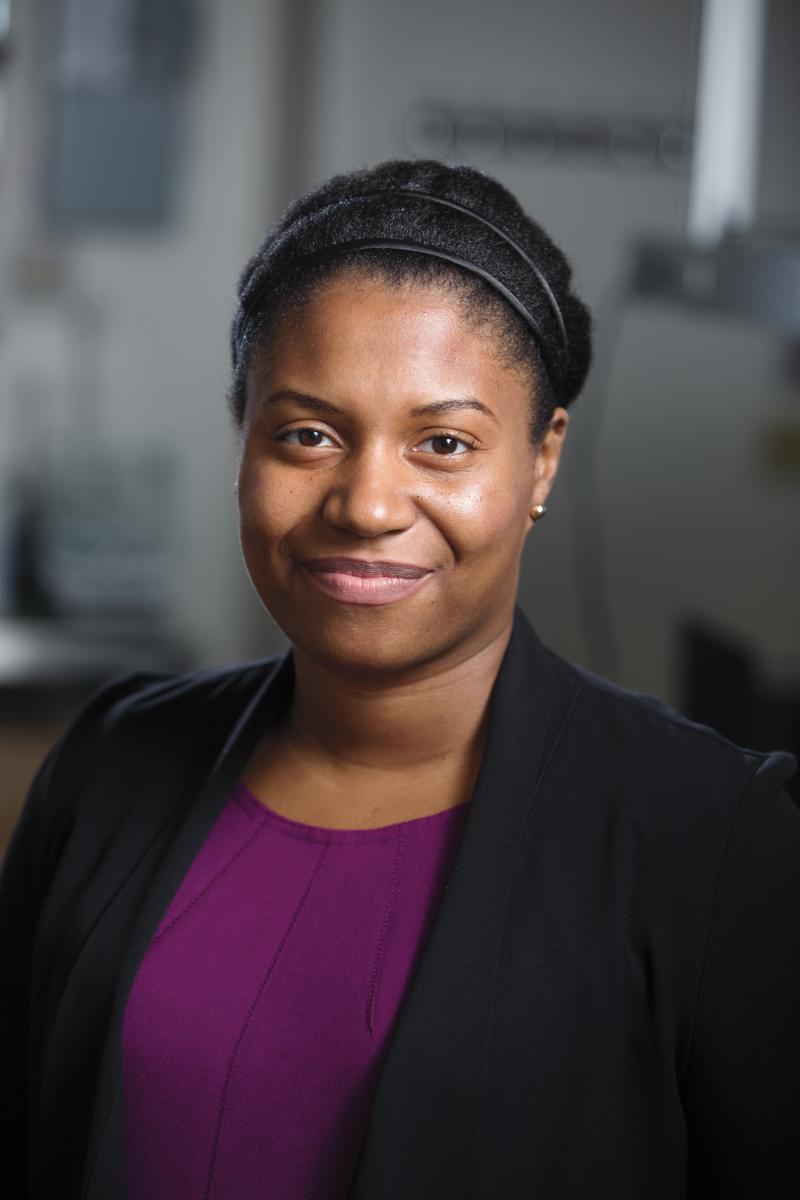
Christine P. Hendon, PhD, Associate Professor of Electrical Engineering. Director of the Structure Function Imaging Laboratory, Columbia University
Christine Hendon received the B.S. degree from Massachusetts Institute of Technology in Electrical Engineering and Computer Science, and the M.S. and Ph.D. degrees from Case Western Reserve University in Biomedical Engineering. She completed her postdoctoral fellowship at Harvard Medical School. She joined Columbia University in 2012, where she teaches courses on image processing and optical systems and leads the Structure Function Imaging Laboratory. She has received the NIH New Innovator Award, NSF CAREER Award, and the Presidential Early Career Award in Science and Engineering. Christine is a fellow of Optica, SPIE and American Institute for Medical and Biological Engineering.
Kristen Henlin
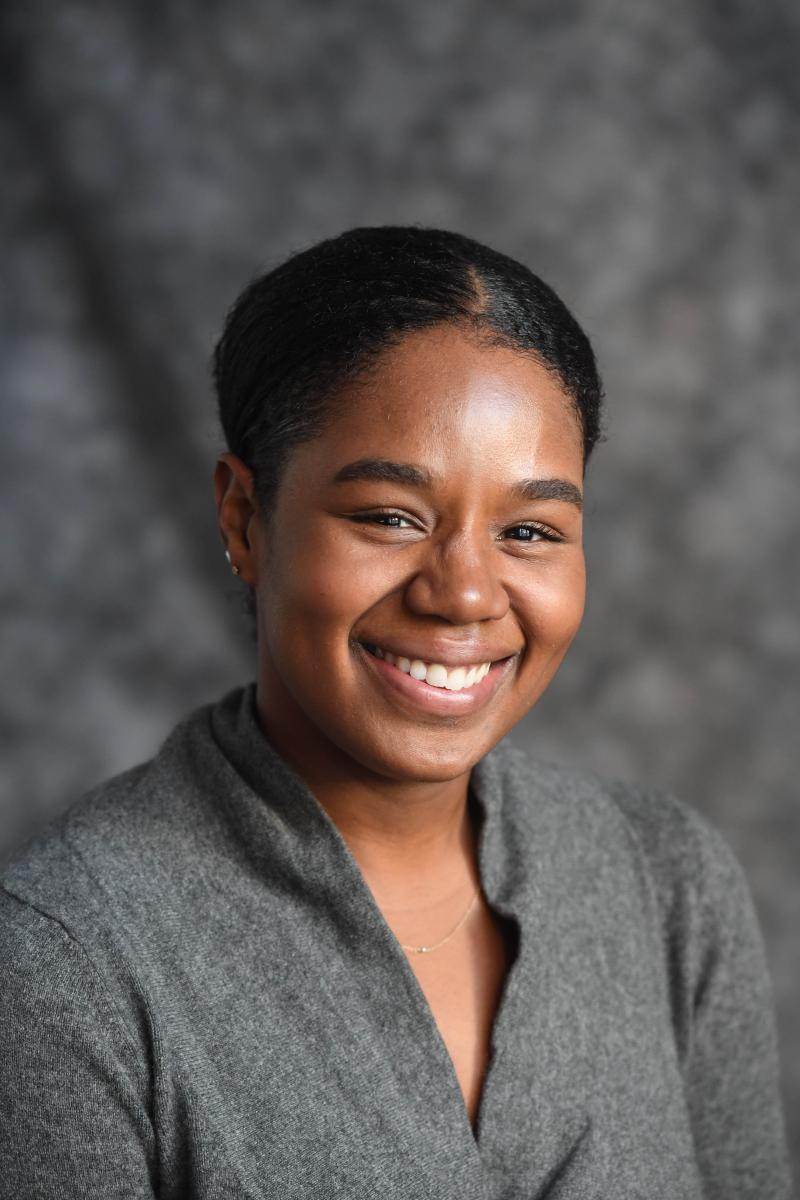
Kristen Henlin, Assistant Director of Career Placement, Department of Biomedical Engineering, Columbia University
Kristen is the Assistant Director of Career Placement for the Biomedical Engineering department at SEAS. Her mission is to guide the professional development of her students, enhancing their growth outside of the classroom. Before joining Columbia, Kristen managed the internship program at an NYC high school. She earned her Bachelor's degree in Psychology from Boston University and is currently completing a master's degree in Mental Health Counseling from Teachers College.
Henry Hess, PhD
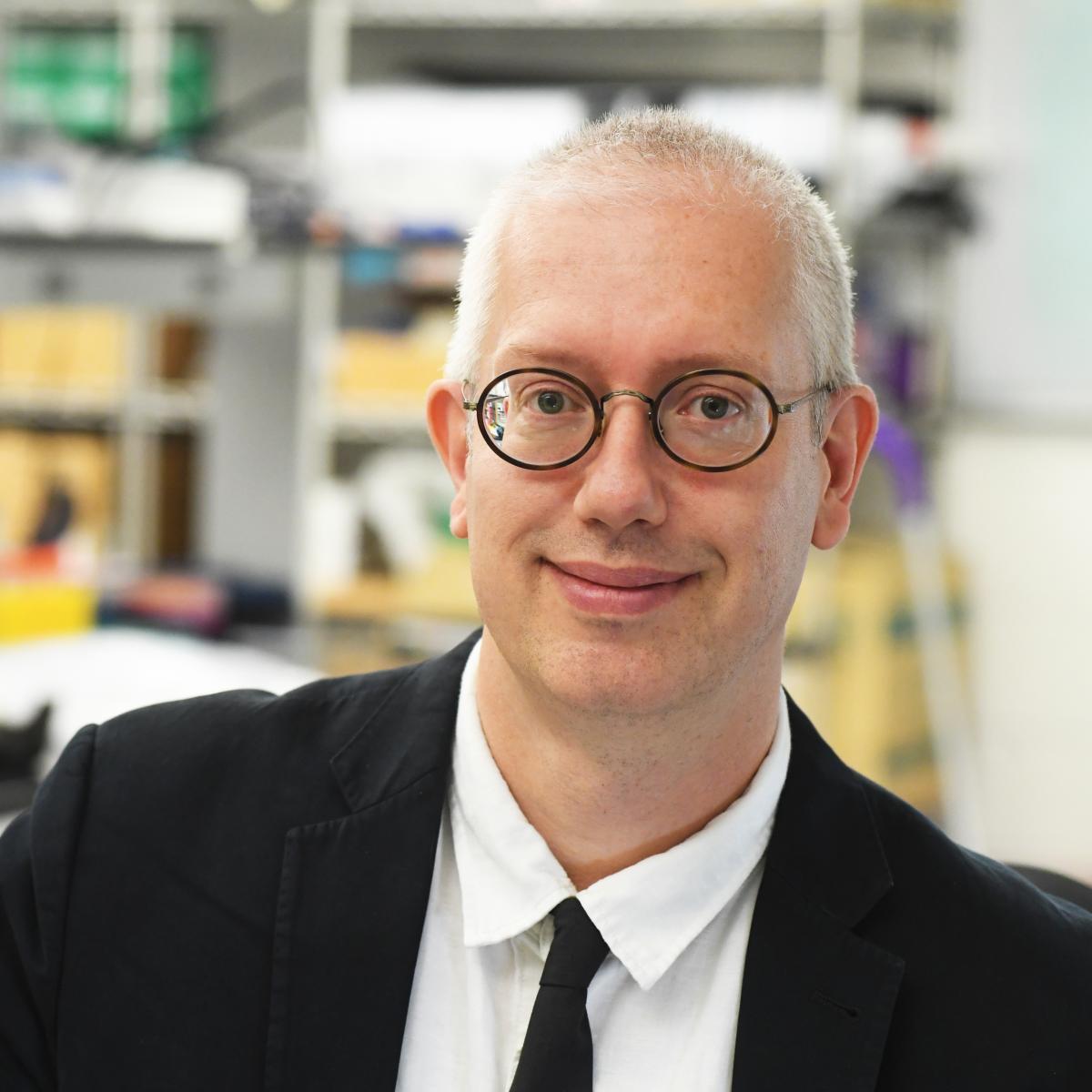
Henry Hess, PhD, Chair of Graduate Studies; Professor, Biomedical Engineering; Director, Laboratory for Nanobiotechnology and Synthetic Biology, Columbia University
Henry Hess received the Dr. rer. nat. in Physics from the Free University Berlin (Germany) in 1999. After holding faculty appointments at the University of Washington and the University of Florida, he joined the Department of Biomedical Engineering at Columbia University in New York City in 2009. He currently serves as the Chair of the Graduate Studies Committee. His primary research interest is nanobiotechnology, in particular hybrid nanodevices and materials merging biological and synthetic building blocks. Creative approaches to the design of such devices draw from chemistry, biotechnology, microfabrication, biology, and engineering.
Alice H. Huang, PhD
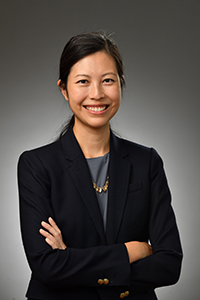
Alice H. Huang, PhD, Associate Professor of Bioengineering (in Orthopedic Surgery), Columbia University
Dr. Alice Huang received her PhD in Bioengineering from the University of Pennsylvania and postdoctoral training in tendon embryonic development from Shriners Hospital for Children. Research in her group combines tools and approaches from developmental biology and tissue engineering to study regenerative and non-regenerative healing of musculoskeletal tissues. Dr. Huang’s team is especially interested in understanding the cell and molecular mechanisms that regulate the development, regeneration, and engineering of fibrous connective tissues, such as tendons/ligaments/annulus fibrosis, which is relatively understudied.
Clark T. Hung, PhD
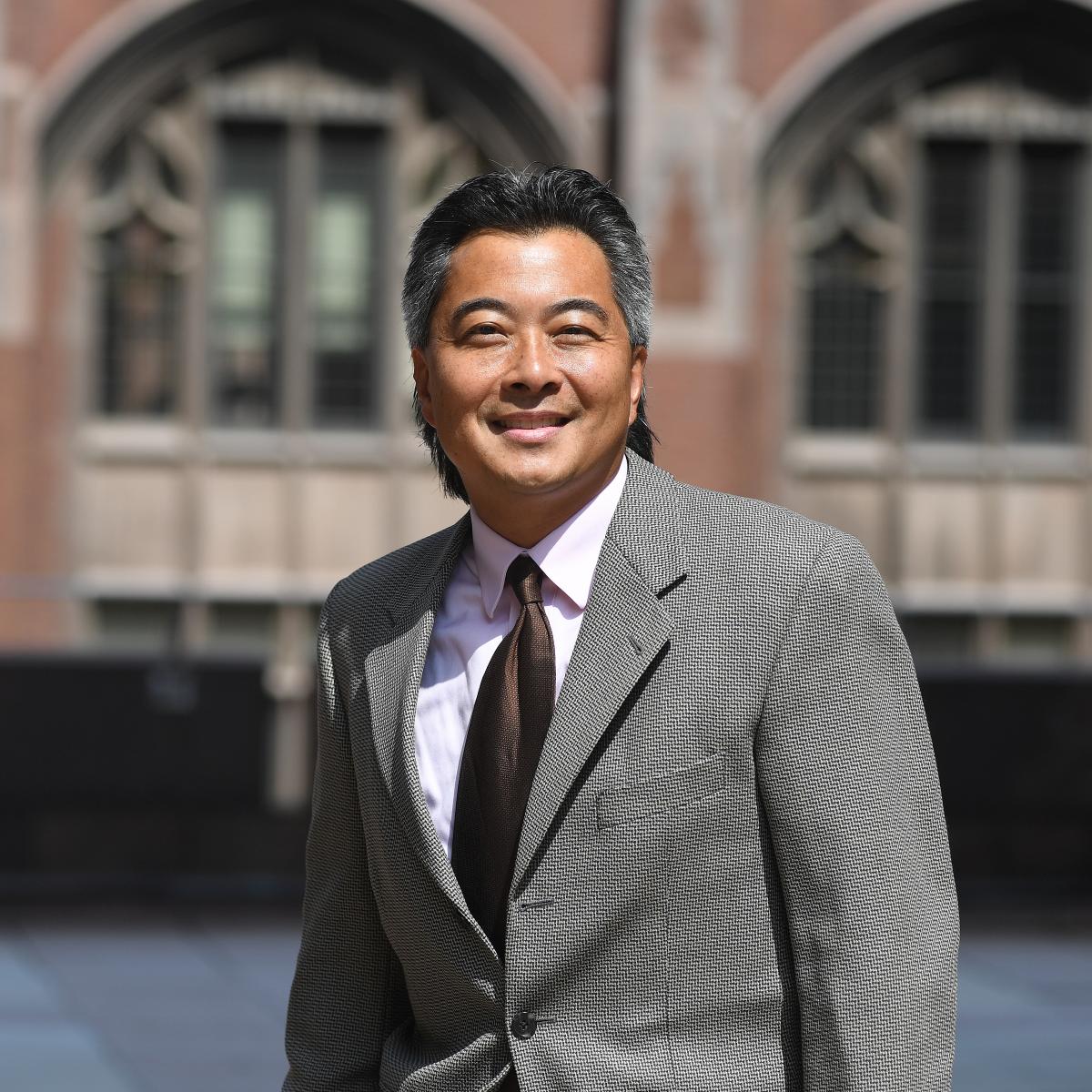
Clark T. Hung, PhD, Professor of Biomedical Engineering and Orthopedic Sciences (in Orthopedic Surgery), Columbia University; Director, Cellular Engineering Laboratory; Director of Master’s Studies in Biomedical Engineering
Dr. Hung is a Professor of Biomedical Engineering and Orthopedic Science (in Orthopedic Surgery) and serves as the Director of the BME Master’s program. He has been pursuing multidisciplinary research to investigate physical effects on cells and tissues comprising the synovial joint. These efforts aim to elucidate the role of joint loading on synovial joint maintenance and the utility of applied physiologic loading to foster growth of functional engineered cartilage. His team has developed a biofidelic culture system that can serve as a platform technology for investigating the role that synovial cells play in joint injury, inflammation and healing/repair.
Christoph Juchem, PhD
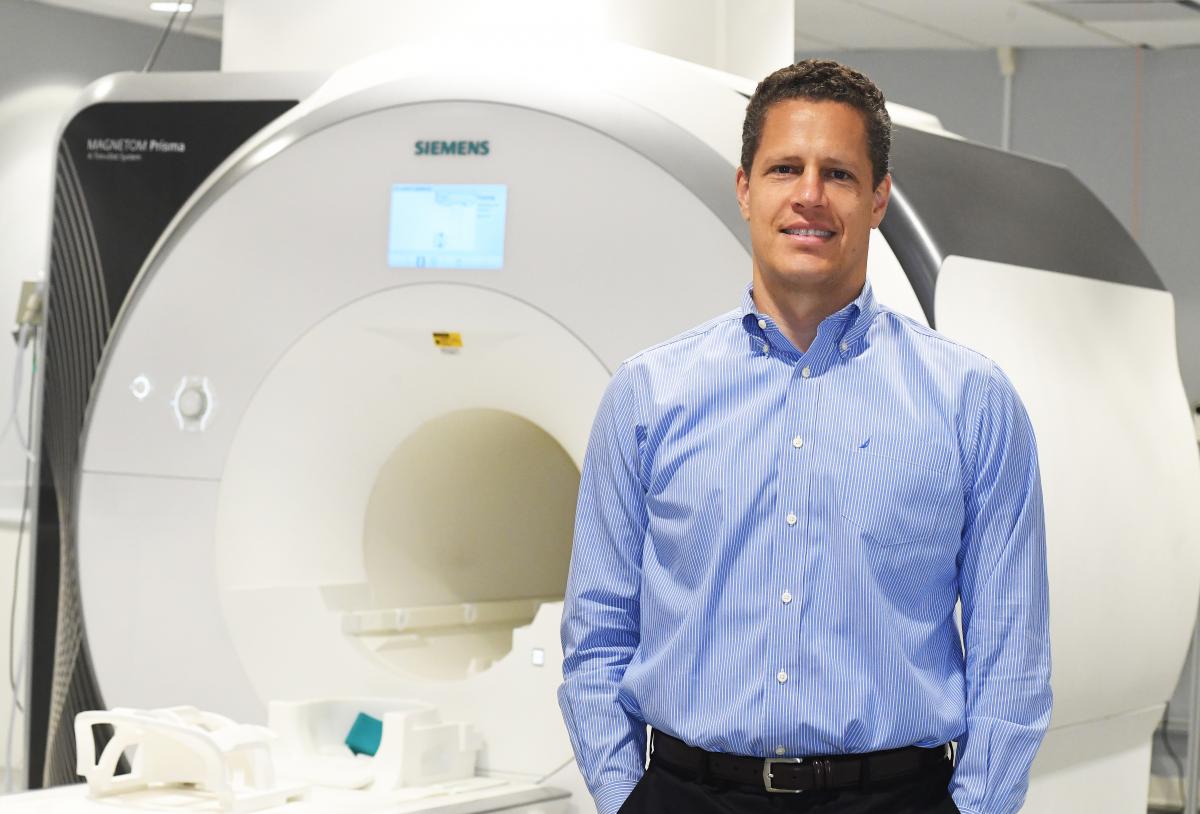
Christoph Juchem, PhD, Associate Professor, Biomedical Engineering and Radiology (Physics); Director, MR SCIENCE Laboratory, Columbia University
Christoph Juchem is Associate Professor in the Departments of Biomedical Engineering and Radiology. In his research, he develops novel magnetic resonance methods for neuroscientific and clinical applications. His goal as a physicist is to realize the full potential of magnetic resonance imaging and spectroscopy as diagnostic tools. His clinical goal is to understand the role that neurochemicals play in the protection of the human central nervous system or, alternatively, how dysfunction promotes vulnerability towards neurodegenerative and neuroimmunological diseases. Dr. Juchem has 20 years of experience in developing and conducting in vivo MR experiments at 3.0-11.7 Tesla field in humans and animal models. He has demonstrated his scientific expertise in 50+ publications, book chapters and patents, as reviewer for 20+ scientific journals and as grant reviewer for 9 national research societies.
Carolyn Kim
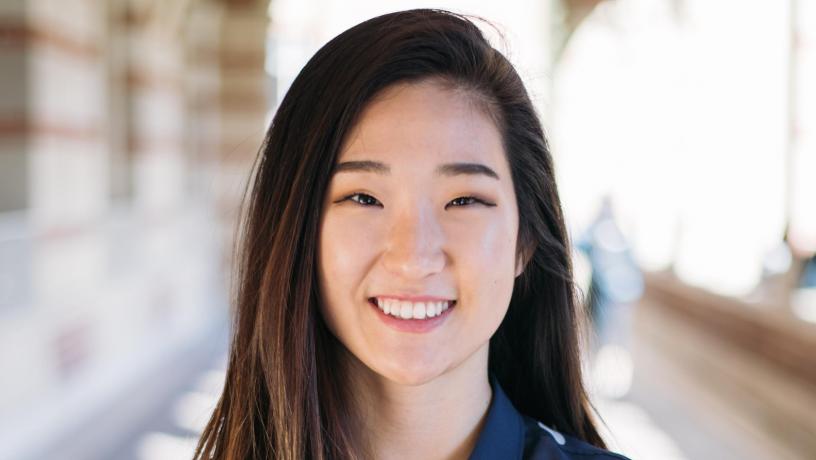
Carolyn Kim, PhD Candidate in Biomedical Engineering, focusing on traumatic brain injury, Morrison Lab; Vice President, Graduate Organization of Biomedical Engineers (GoBME)
Carolyn Kim is a 4th year PhD student in the Morrison Lab studying traumatic brain injury. In particular, she studies how mild repetitive blast injuries affect the hippocampus and wants to elucidate the injury mechanisms leading to functional deficits. Coming from Southern California, Carolyn was lucky to find a new home in New York when she became involved with GoBME and cherishes the opportunities she has been given to serve the Columbia BME community. In her free time, Carolyn competes in various Hip Hop dance competitions with The Neighbors.
Elisa Konofagou, PhD
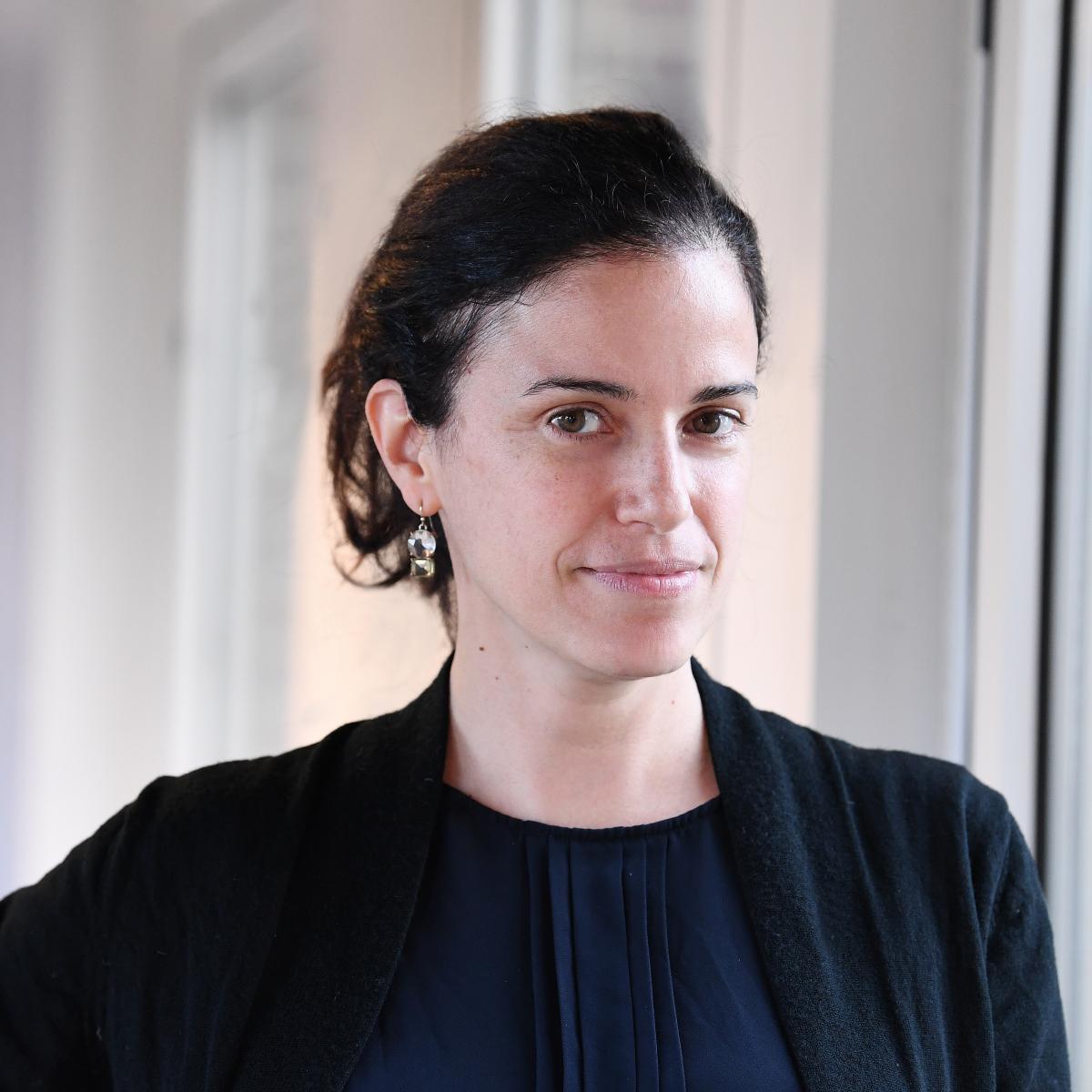
Elisa Konofagou, PhD, Robert and Margaret Hariri Professor of Biomedical Engineering and Professor of Radiology; Director of the Ultrasound and Elasticity Imaging Laboratory (UEIL), Columbia University
Elisa Konofagou is the Robert and Margaret Hariri Professor of Biomedical Engineering and Professor of Radiology as well as Director of the Ultrasound and Elasticity Imaging Laboratory at Columbia. Her main interests are in the development of novel elasticity imaging techniques and therapeutic ultrasound methods. Elisa is a Member of the National Academy of Medicine, an Elected Fellow of the American Institute of Biological and Medical Engineering, the Institute of Electrical and Electronic Engineers (IEEE) and the Acoustical Society of America. She has co-authored over 250 published peer-reviewed articles.
Andrew F. Laine, PhD
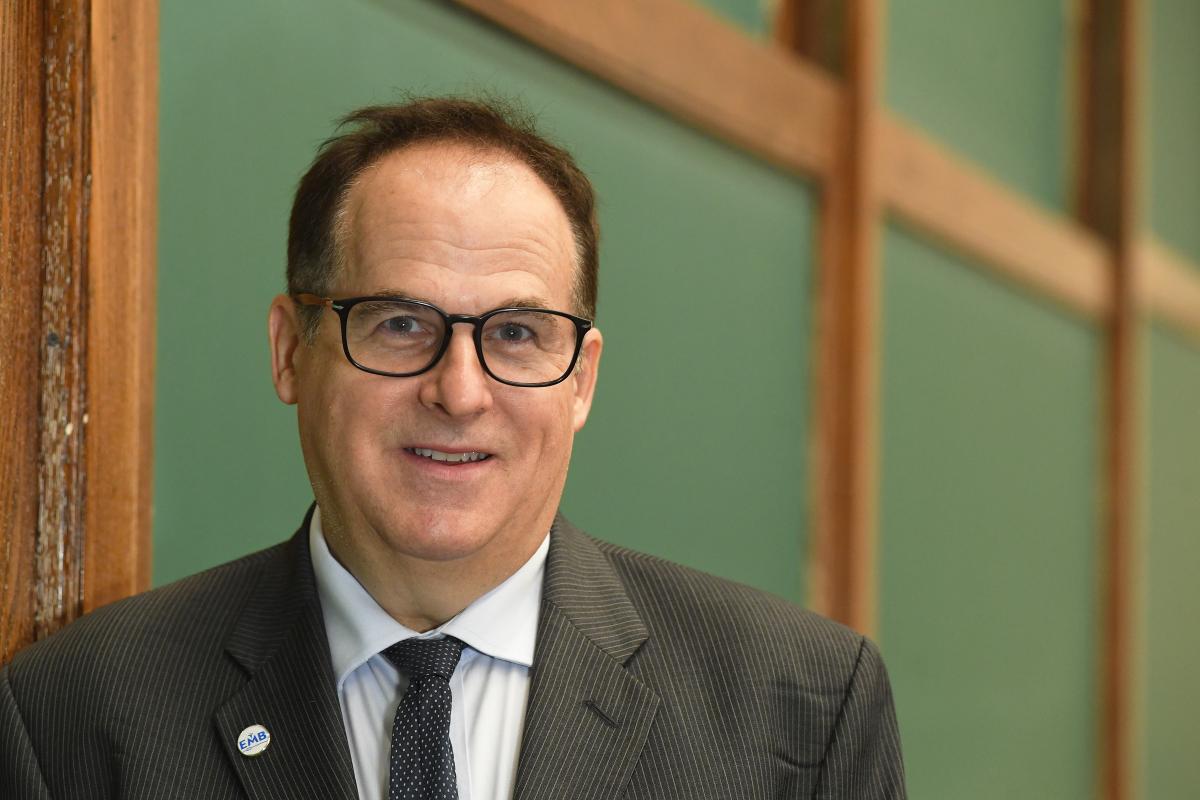
Andrew F. Laine, PhD, Percy K. and Vida L.W. Hudson Professor of Biomedical Engineering and Radiology (Physics), Columbia University; Director, Heffner Biomedical Imaging Laboratory
Andrew F. Laine received his D.Sc. degree from Washington University (St. Louis) School of Engineering and Applied Science in Computer Science, in 1989 and BS degree from Cornell University (Ithaca, NY). He was a Professor in the Department of Computer and Information Sciences and Engineering at the University of Florida (Gainesville, FL) from 1990-1997. He joined Columbia University in 1997 and served as Vice Chair of the Department of Biomedical Engineering 2003 – 2011, and Chair of the Department of Biomedical Engineering 2012 – 2017. He is currently the Percy K. and Vida L. W. Hudson Professor of Biomedical Engineering and Professor of Radiology (Physics). Laine served as Program Chair for the IEEE EMBS annual conference in 2006 (New York City) and for the EMBS annual conference in 2011 (Boston, MA). He Chaired the Council of Societies for AIMBE in 2012-2013 and was President of IEEE EMBS in 2015 and 2016. He is a Fellow of IEEE, AIMBE, and IFMBE.
Kam W. Leong, PhD
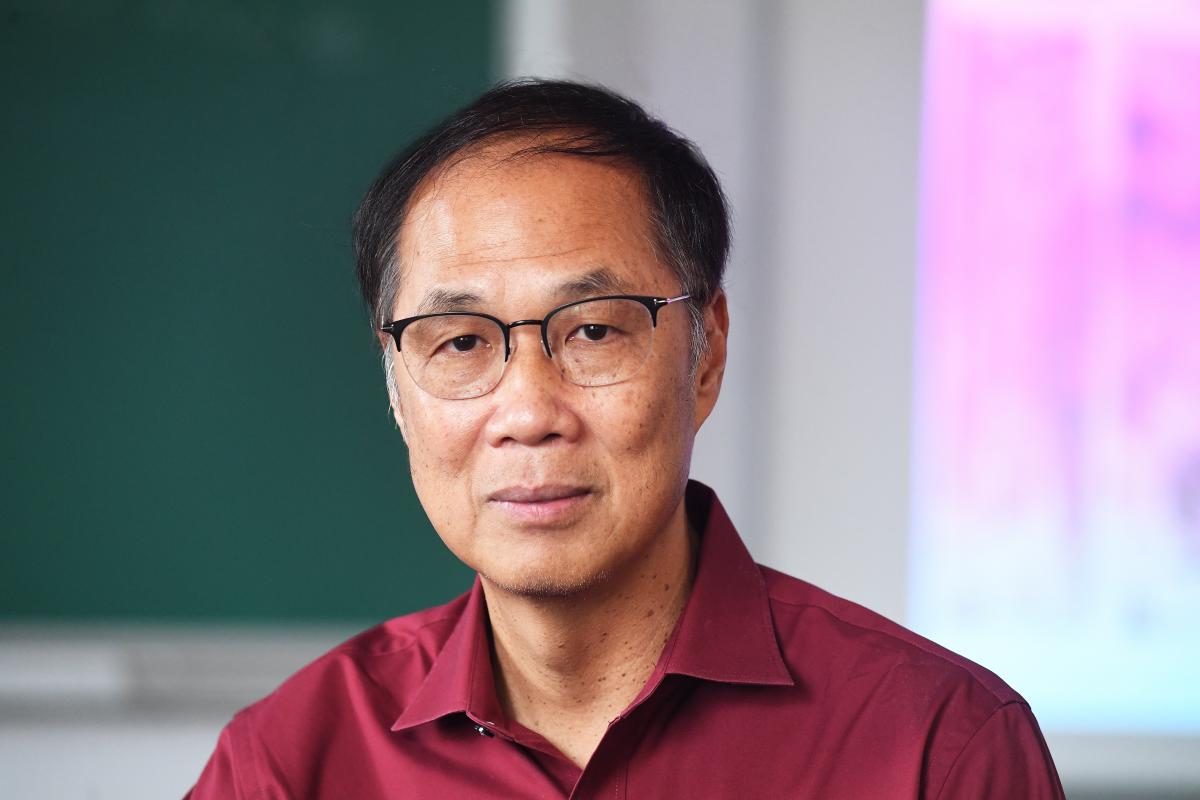
Kam W. Leong, PhD, Samuel Y. Sheng Professor of Biomedical Engineering; Director, Nanotherapeutics & Stem Cell Engineering Laboratory, Columbia University
Kam W. Leong is the Samuel Y. Sheng Professor of Biomedical Engineering at Columbia University. He focuses on three major research directions: 1) Nonviral gene editing in vivo; 2) Biomaterials-assisted modulation of inflammation; 3) Human-tissue chips for disease modeling and drug screening. He has published ~450 manuscripts with an h-index of 127 and citations ~60,000; he also holds more than 60 issued patents. He is the recipient of the Founder’s Award of the Society for Biomaterials in 2022, the Editor-in-Chief of Biomaterials, and a member of the USA National Academy of Inventors, the USA National Academy of Engineering, and the USA National Academy of Medicine.
José L. McFaline-Figueroa, PhD
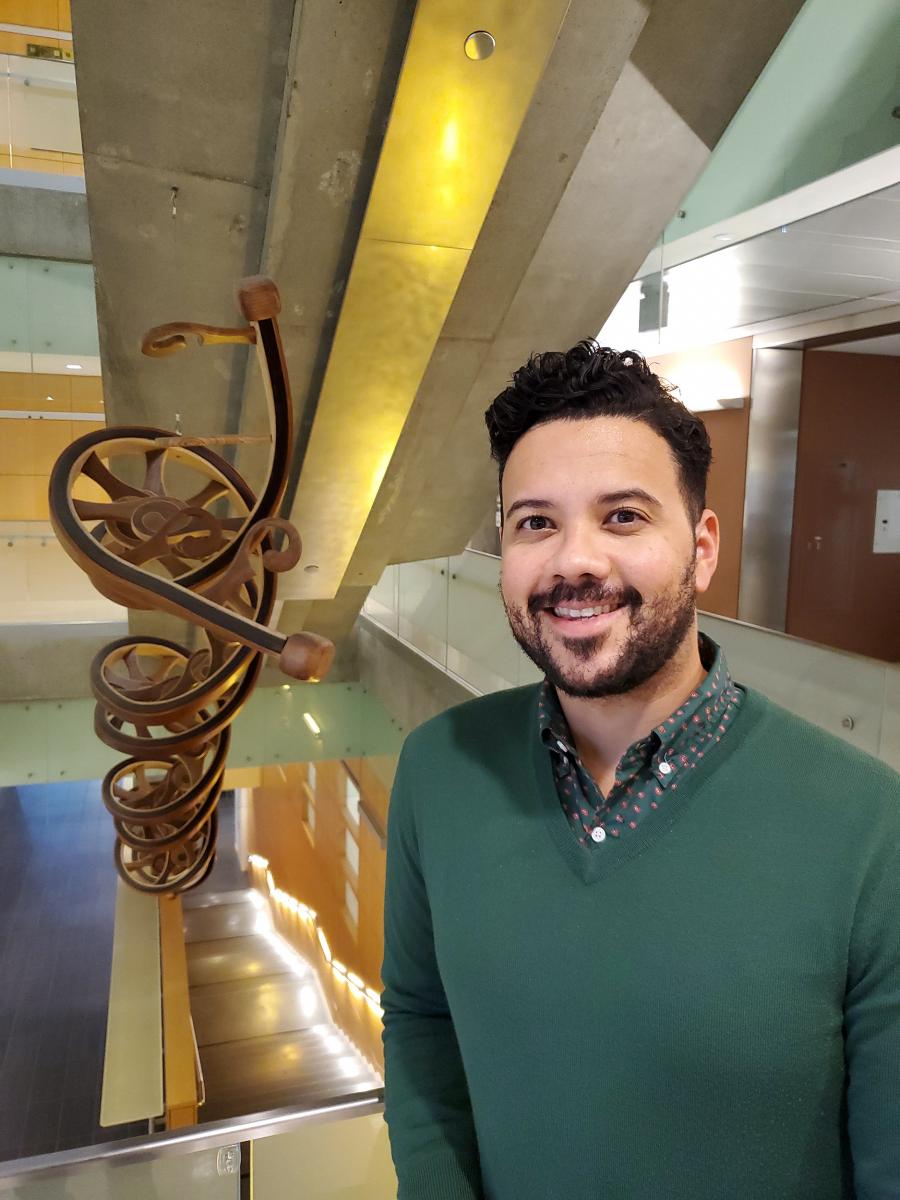
José L. McFaline-Figueroa, PhD, Assistant Professor of Biomedical Engineering; Director, The Chemical Genomics Laboratory, Columbia University
José L. McFaline-Figueroa received his bachelor’s degree in Chemistry from the University of Puerto Rico-Mayagüez, his PhD in Cancer Cell Biology at MIT and was a post-doctoral fellow at the University of Washington. In January 2021, José joined the Department of Biomedical Engineering at Columbia University where his laboratory develops and applies single-cell genomics tools to define the regulation of cellular response to therapy. José was named an Emerging Scholar in Genome Sciences by the Center for Public Health Genomics at the University of Virginia and is a recipient of the National Human Genome Research Institute’s Genomic Innovator Award.
Eliza Miller, MD, MS
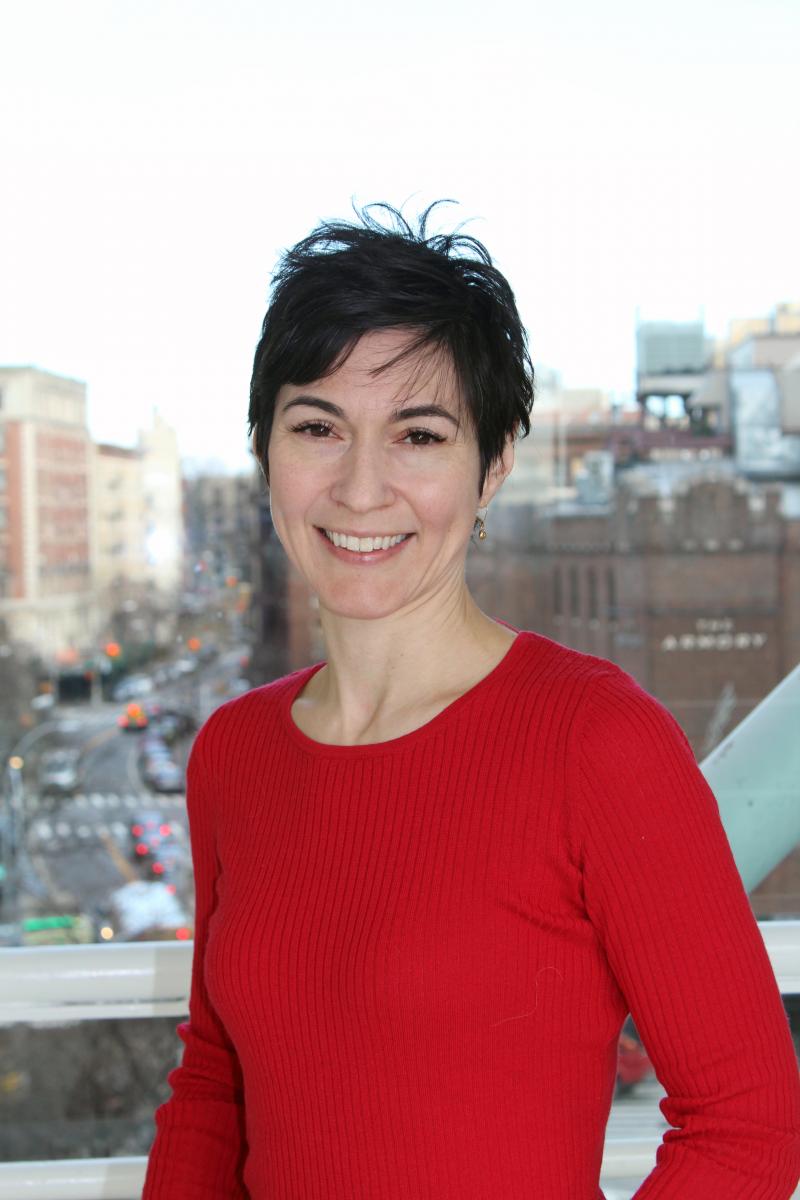
Eliza Miller, MD, MS, Assistant Professor of Neurology, Division of Stroke and Cerebrovascular Disease, CUIMC and NewYork-Presbyterian
Dr. Miller is a practicing vascular neurologist and physician scientist investigating cerebrovascular complications of preeclampsia and other hypertensive disorders of pregnancy, using both physiological and epidemiological approaches. Her work is funded by the NIH National Institute of Neurological Disorders and Stroke, National Institute on Aging, and Office of Research in Women’s Health. She received the American Heart Association's 2018 Robert G. Siekert New Investigator Award for her work on long term maternal brain effects of preeclampsia, and directs the New York Presbyterian/Columbia Mothers Center Neurovascular Clinic, a multidisciplinary center for treatment of women with cerebrovascular complications during pregnancy and postpartum.
Kristin M. Myers, PhD
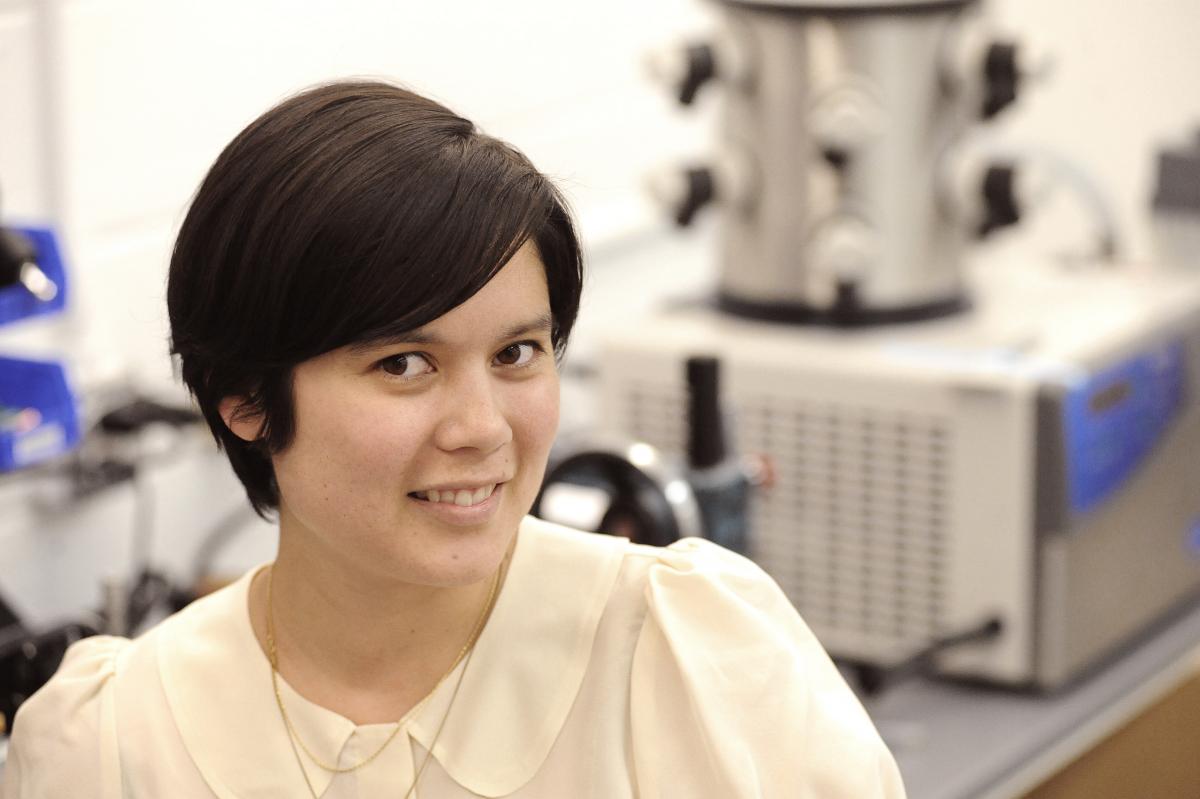
Kristin M. Myers, PhD, Associate Professor of Mechanical Engineering (in Biomedical Engineering), Columbia University; Director, Myers Soft Tissue Laboratory
Kristin Myers is an associate professor in the Department of Mechanical Engineering at Columbia University in the City of New York. Her current obstetrics research is done in collaboration with the Department of Obstetrics and Gynecology at the Columbia University Irving Medical Center. She received her Mechanical Engineering doctorate and masters degree from MIT and her bachelors degree from the University of Michigan. In 2017 Kristin was given the American Society of Mechanical Engineers Y.C. Fung Young Investigators award for her contributions to the field of biomechanics, and in 2019 Kristin was awarded the Presidential Early Career Award for Scientists and Engineers for her work in understanding tissue growth and remodeling in pregnancy.
Emmanuelle Passegué, PhD
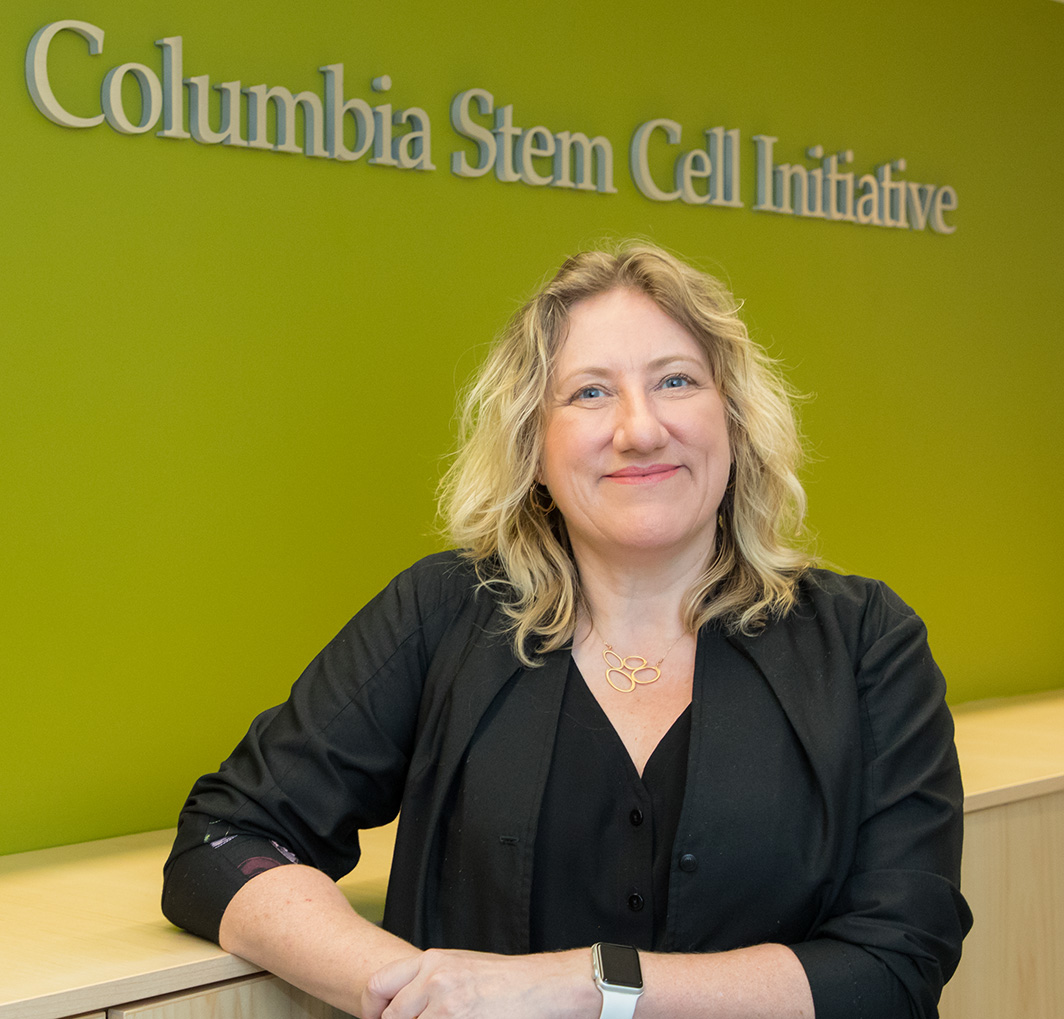
Emmanuelle Passegué, PhD, Professor of Genetics & Development, CUIMC; Director, Columbia Stem Cell Initiative
Dr. Emmanuelle Passegué, Ph.D. is the endowed Alumni Professor of Genetics & Development and the Director of the Columbia Stem Cell Initiative (CSCI) at Columbia University Irving Medical Center (CUIMC) in New York City. Dr. Passegué received her Ph.D. from the University Paris XI (France), and trained with Dr. Erwin Wagner (Institute for Molecular pathology, Vienna, Austria) and Dr. Irv Weissman (Stanford University, USA) before joining the University of California San Francisco (UCSF) in 2005. Dr. Passegué was a Professor of Medicine in the Hematology/Oncology Division and the Eli and Edythe Broad Center for Regenerative Medicine and Stem Cell Research at UCSF until 2016 before joining Columbia University in January 2017. Her research investigates the biology of blood-forming hematopoietic stem cells in normal and deregulated contexts such as hematological malignancies and physiological aging. Dr. Passegué has received a number of awards and prizes including a Scholar Award from the Lymphoma and Leukemia Society, an Outstanding Investigator Award from the NHLBI, and the 2019 William Dameshek Prize from the American Society of Hematology.
Meghan Pinezich
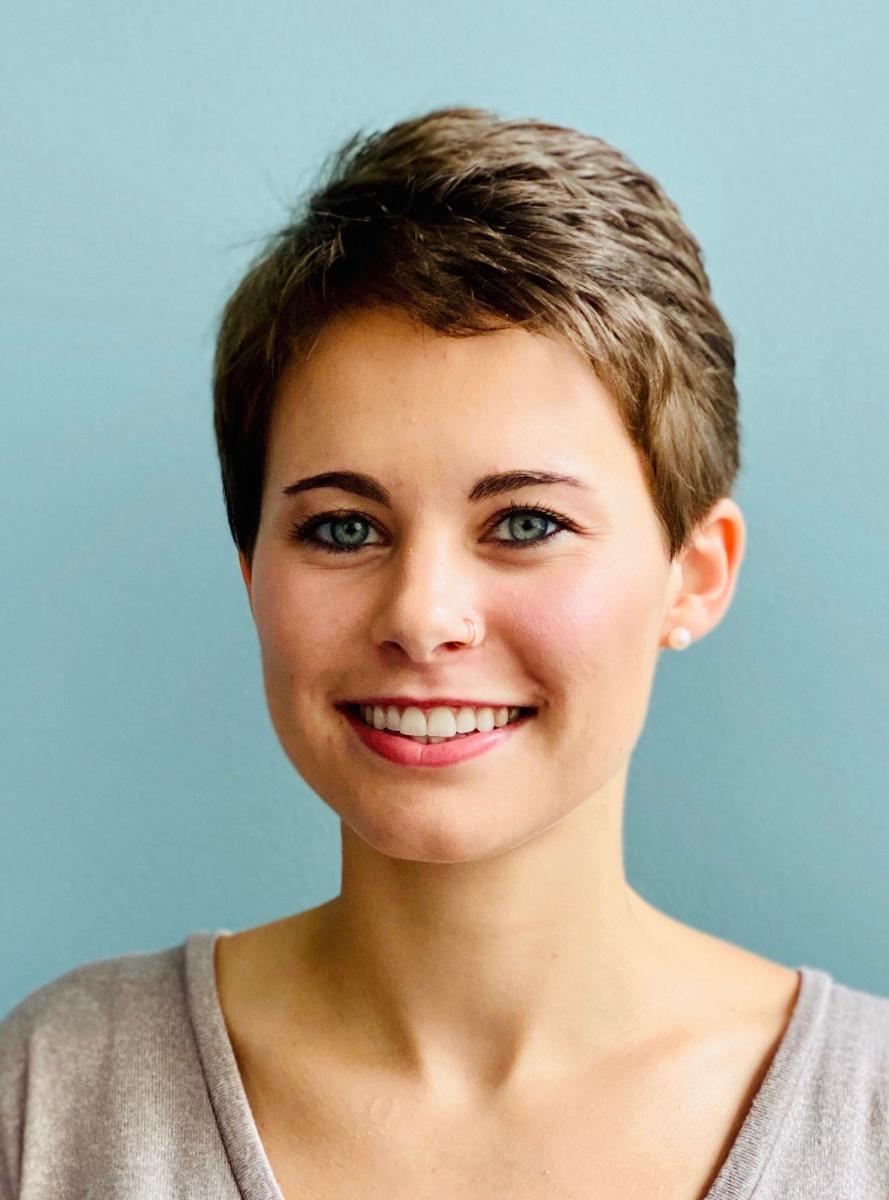
Meghan Pinezich, PhD Candidate, Laboratory for Stem Cells and Tissue Engineering, Columbia University; Program Manager, BiomedX
Meghan graduated from the University of Virginia with a B.S. in Chemical Engineering in 2017, and completed her M.S. in Biomedical Engineering at Columbia University in 2019. She is now a PhD Candidate in the Laboratory for Stem Cells and Tissue Engineering directed by Professor Gordana Vunjak-Novakovic. Her thesis research examines the role of the extracellular environment in lung injury, disease, and tissue repair. In addition to her role in the lab, Meghan serves as Program Manager for Columbia BiomedX where she supports the translation of biomedical innovations from the lab to the clinic.
Anil K. Rustgi, MD
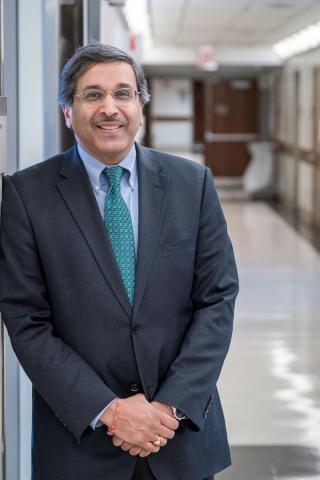
Anil K. Rustgi, MD, Interim Executive Vice President and Dean of the Faculties of Health Sciences and Medicine, Vagelos College of Physicians and Surgeons; Director of the Herbert Irving Comprehensive Cancer Center, Columbia University Irving Medical Center (CUIMC)
Dr. Anil Rustgi is Director of Herbert Irving Comprehensive Cancer Center, Irving Professor of Medicine, serves as Chief of Cancer Services at NYP, and is Associate Dean of Oncology.
Dr. Rustgi’s research focuses on tumor initiation, microenvironment, and metastasis in gastrointestinal cancers with the goal of improving diagnostics and finding new therapeutics. He is lead investigator on grants examining esophageal, pancreatic, and colon cancer.
Dr. Rustgi earned an MD from Duke SOM, completed internal medicine residency at Beth Israel Hospital, and a gastroenterology fellowship at Massachusetts General Hospital. He previously served as chief of gastroenterology at the University of Pennsylvania.
Yousin Suh, PhD
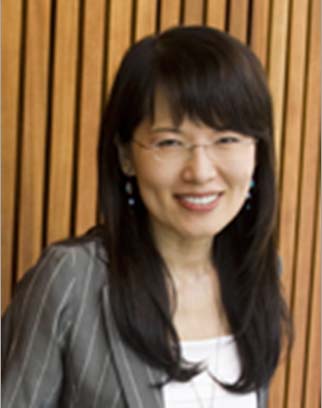
Yousin Suh, PhD, Charles and Marie Robertson Professor of Reproductive Sciences, Department of Obstetrics & Gynecology, Department of Genetics & Development, Director of Reproductive Aging Program, Columbia Vagelos College of Physicians & Surgeons
Yousin Suh, Ph.D., is the Charles and Marie Robertson of Reproductive Sciences in Obstetrics and Gynecology, Professor of Genetics and Development, and Director of Reproductive Aging in Obstetrics and Gynecology in the Vagelos College of Physicians and Surgeons at Columbia University. She investigates the (epi)genetic component that underlies the interface of intrinsic aging and disease based on the identification of (epi)genome sequence variants associated with age-related disease risk or its opposite, i.e., an unusual resistance to such disease. To investigate the functional impact of (epi)genetic variants, she applies specific functional tests, including in silico modeling, cell culture assays and mouse models.
Naveed Tavakol
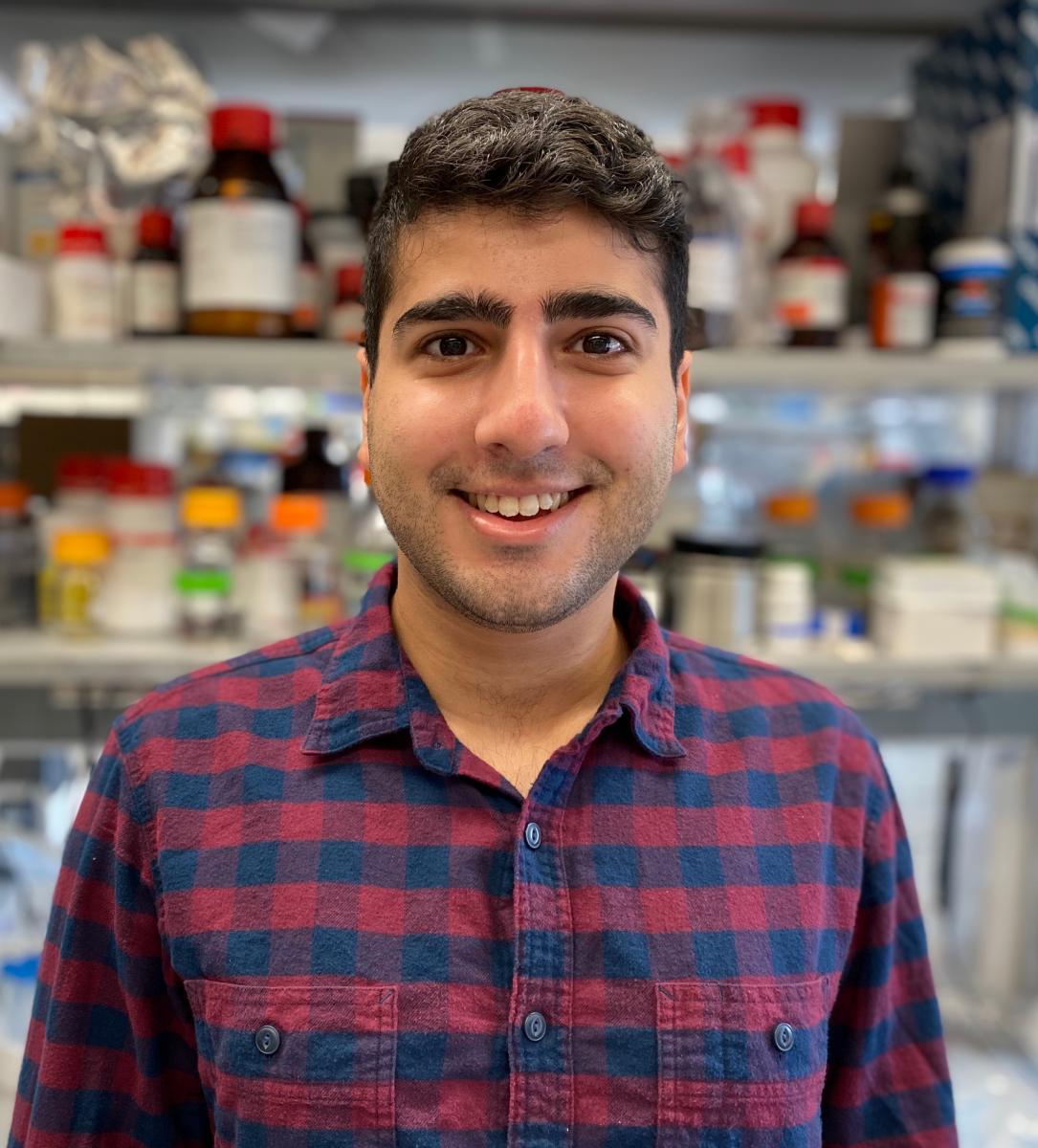
Naveed Tavakol, PhD Candidate in Biomedical Engineering, focusing on stem cells and tissue engineering, Vunjak-Novakovic Lab; President, Graduate Organization of Biomedical Engineers (GoBME)
Naveed Tavakol is a biomedical engineering PhD student in the Laboratory for Stem Cells and Tissue Engineering at Columbia University under the advisement of Dr. Gordana Vunjak-Novakovic. As an NSF graduate research fellow, he is working on translational approaches to integrated organ-on-a-chip systems, with a specific focus on the hematopoietic system. Previously, he was a Whitaker International Fellow at the Ecole Polytechnique Federale de Lausanne in Switzerland (2017-2018) and graduated from the University of Virginia with a B.S. in biomedical engineering in 2017. Naveed is also passionate about mentorship, science communication, and building an inclusive scientific community.
Stavros Thomopoulos, PhD
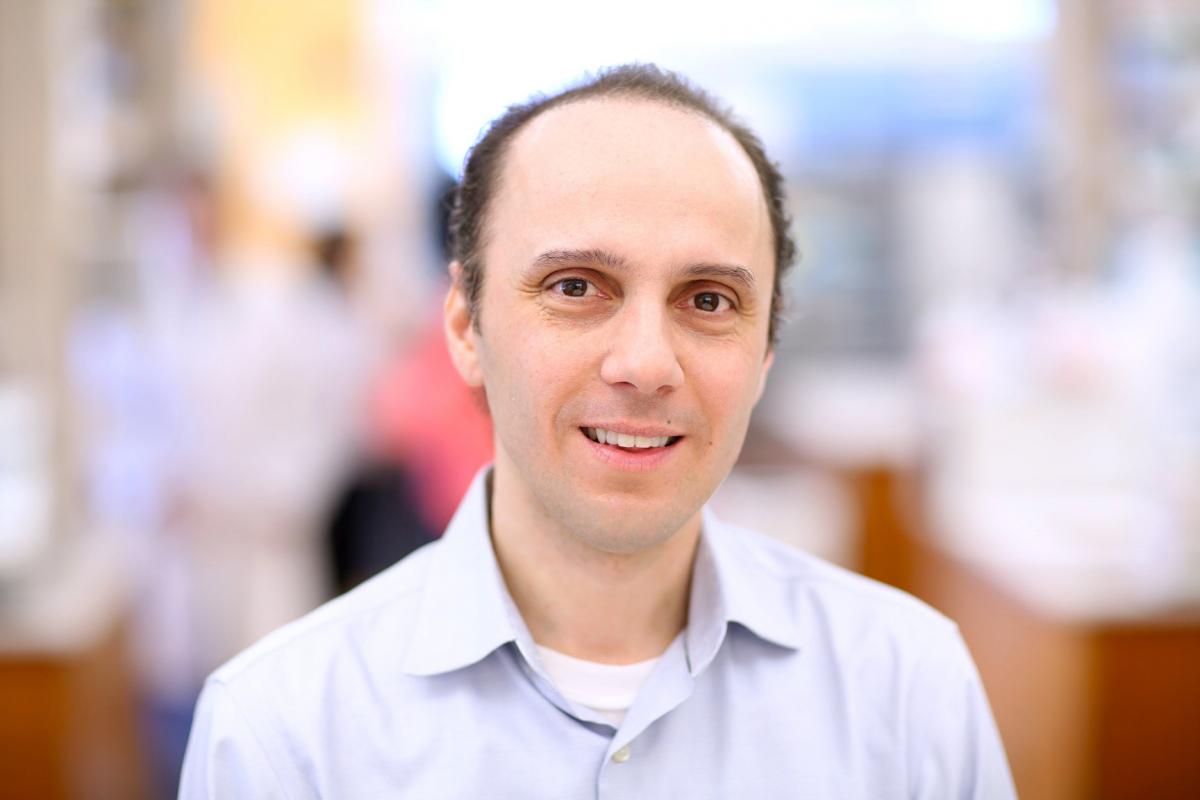
Stavros Thomopoulos, PhD, Robert E. Carroll and Jane Chace Carroll Laboratories Professor; Professor of Biomechanics (in Orthopedic Surgery and Biomedical Engineering), Columbia University; Director, Carroll Laboratories for Orthopedic Surgery
Dr. Thomopoulos holds a bachelor's degree in mechanical engineering from Columbia University, and Masters of Science degrees in both mechanical engineering and biomedical engineering from the University of Michigan. He completed his doctoral studies in biomedical engineering in 2001 through the University of Michigan. After a two-year postdoctoral fellowship at Columbia University in Biomedical Engineering, he started a faculty position at Washington University in 2003. Dr. Thomopoulos joined Columbia University in 2015 as a full professor and the director of the Carroll Laboratories. Dr. Thomopoulos studies the development and regeneration of the tendon-to-bone attachment. The Thomopoulos laboratory seeks to understand the mechanisms by which the healthy attachment transfers load between tendon and bone and applies this knowledge to enhance tendon-to-bone repair.
Gordana Vunjak-Novakovic, PhD
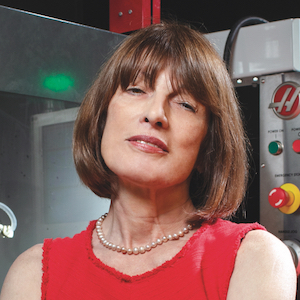
Gordana Vunjak-Novakovic, PhD, University Professor and Mikati Foundation Professor of Biomedical Engineering and Medicine; Director, Laboratory for Stem Cells and Tissue Engineering
Gordana Vunjak-Novakovic is University Professor, the first engineer to receive this highest academic rank at Columbia University. The focus of her lab is on engineering functional human tissues for use in regenerative medicine and patient-specific “organs-on-a-chip” models of disease. She is well published and highly cited (h=132), has mentored over 150 trainees, and founded four biotech companies. She is a member of Academia Europaea, Serbian Academy of Arts and Sciences, National Academy of Engineering, National Academy of Medicine, National Academy of Inventors, International Academy of Medical and Biological Engineering, and the American Academy of Arts and Sciences.
Qi Wang, PhD
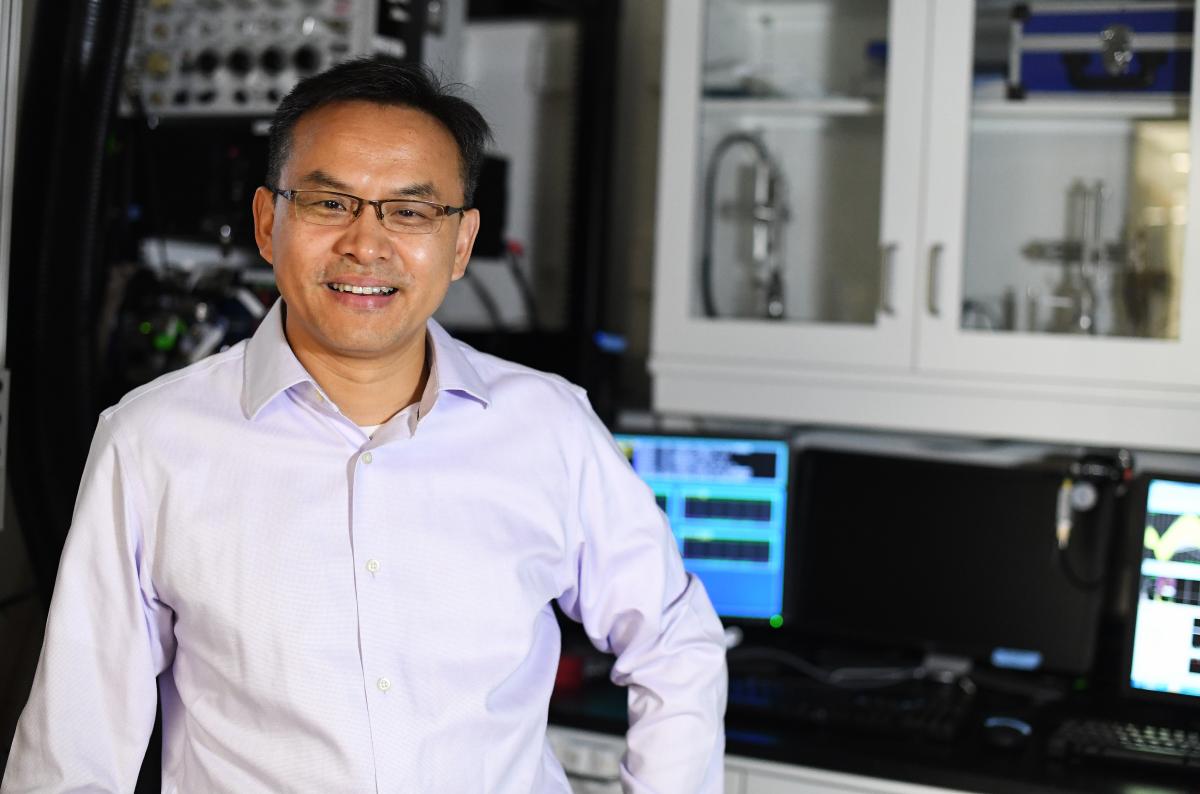
Qi Wang, PhD, Associate Professor of Biomedical Engineering; Director of Neural Engineering and Control Laboratory, Columbia University
Dr. Qi Wang received his first Ph.D. in Robotics & Control, and the second Ph.D. in Electrical and Computer Engineering in 1998 and 2007, respectively. He received postdoctoral training in Neuroscience at Harvard University from 2006 to 2008. Prior to joining the faculty at Columbia University in January 2013, he held a research faculty position in the Department of Biomedical Engineering at the Georgia Institute of Technology and Emory University. His research interests include neuromodulation, neural coding, brain-machine interfaces, and biomedical instrumentation.

